We are glad to present the exhibition “Survival kit for the art market” by three Estonian artists – Alexei Gordin, Kennet Lekko, and Marko Mäetamm. The exhibition focuses on the madness, beauty, senselessness and necessity of the art market.
The fact that being an artist nowadays comes with the certainty of an ever present struggle is already common knowledge. Capitalism and creativity are in most cases opponents and just weirdly go along with each other. Of course, there are always other examples but the normal relations between these entities are complex and full of dilemma and paradox. How can anyone be freely creative when the market is asking for another aesthetic? How can we maintain a path of authenticity when the gallerist wants a certain topic and artworks of a certain size? The artist needs to juggle him/herself and their artistic production through this dense network of the constant overlapping of necessary individualism as a medium of recognition and the external expectations of the market and its players. But this story is not about victims, it’s a journey of discovering how to survive within these conditions, how to preserve one’s own aesthetic development from being too influenced by the environment and finally to use this situation as an opportunity, not an obstacle.
Berlin as a hub and European creative centre is a location where the poles of high and low crash into each other causing a wide gap between the establishment and the underground. This tension is fuel and danger at the same time. Money walks the same paths and is mostly difficult to redirect toward the upcoming scene where it is needed the most. A survival kit is unavoidable to offer orientation and support. The kit evolves out of artists’ observations and analyses synthesised into visualisations. A constant review of one’s opinions, positions and locations in this polarized art world was the topic of the artist residency that took place between March and May 2021 in Berlin, which was followed by an exhibition at roam project space in the center of Berlin. The Estonian artists Alexei Gordin, Kennet Lekko and Marko Mäetamm approached the topic during their stay in Berlin, focusing on the madness, beauty, senselessness and necessity of the existence of the art market. The exhibition is curated by Helene Bosecker, initiator of RAM – Rebel Art Management and the exchange art projects between Estonia and Germany.
After the show in Berlin the exhibition has travelled to Kogo Gallery in Tartu, which from the beginning has been part of this overall thematic reflection. The differences and wishes, expectations and failures of the artists regarding the European art market have their roots in Estonia and have extended from there. The urge to leave and come back will therefore be mirrored in the travelling exhibition, from Berlin to Tartu, with a survival kit to be safer in dangerous times for the art market.
The Survival Kit for the Art Market in Tartu is introduced as part of the Ecology – Economy thread, which runs through this year’s exhibition and public programme at Kogo gallery. The relationship between ecology and economy can be critically analysed by also looking at the inner ecology of the art market. Human economics and natural ecosystems are interdependent causing environmental change and social injustice. At the same time, such transformed economics as feminist and green economics could turn our focus as humans towards the idea of greater sustainabi-lity, a reconnection with nature, justice between different social groups and care for our world at a moment when such care is so desperately needed.
The exhibition is funded by the Cultural Endowment of Estonia, City of Tartu, Designhostel Hektor, the Goethe Institute, Senatsverwaltung für Kultur und Europa, and the Embassy of Estonia in Berlin.
Alexei Gordin (1989) is mainly known as a painter; however, he also works with photography, video and performance. Using black humour, Gordin draws attention to the absurdity of the (art) world and alienation, highlighting inequality and the difficulties that marginalised groups experience. Gordin’s work is influenced by caricatures and combines text and pictures, referring to comics and meme culture.
Source: Artists database, Estonian Centre for Contemporary Art
Kennet Lekko (1992) is a painter whose brightly coloured works using cartoon-like figures and fragmented text explore the darker territories of human experience under a seemingly positivist surface. Lekko’s works reflect the Millennials’ sometimes superficial and digital-passive worldview, which the artist both criticizes and embraces.
Marko Mäetamm (1965) is an artist whose work is based on personal stories used to create existentially absurd and critical caricatures. Mäetamm has represented Estonia at the Venice Biennale twice: in 2003 (under the pseudonym John Smith, with Kaido Ole) and in 2007. His work is characterised by an interdisciplinary, series-oriented and narrative approach, where figurative image and text carry equal weight.
Source: Artists database, Estonian Centre for Contemporary Art
PROJECT SPACE AND COORDINATORS
roam is a newly opened project space in the centre of Berlin with a residency programme focusing on East European artist exchange. The project space accommodates art shows, shorter pop-up projects and networking events. roam was founded by the artist Ottjörg A.C. and RAM – Rebel Art Management in 2021. Alexei Gordin and Marko Mäetamm were the first artists in the residency at roam.
Eesti-Saksa Kunstikoostöö (NPO), founded in 2020, is an association working on increasing the visibility of the Estonian and German art scenes and developing international cooperation between artists and institutions. The primary activities of the association are the organization of international exhibitions with Estonian and German artists and curators, arranging various art events, publishing books and information guides, and providing administrative support and advice for artists. The association’s members are Kennet Lekko, Kelli Gedvil, Helene Bosecker, Marie Mergler, Triin Marts and Kristen Rästas.
RAM – Rebel Art Management is a Berlin-based arts management company founded in 2019. The focus of RAM is international project management and setting up an independent collaborative network for artists.


Press and Publications
Kogo galeriis avaneb kunstiturukriitiline näitus
ERR kultuuriportaal. 01.07.2021
Kogo Gallery opens an exhibition critical towards the art market in Berlin
Echo Gone Wrong. 02.07.2021
Photo reportage from the exhibition ‘Survival Kit for the Art Market’ at roam, Berlin
Echo Gone Wrong. 06.07.2021
Gordini, Lekko ja Mäetamme kunstiväljakriitiline näitus jõudis Tartusse
ERR kultuuriportaal. 08.07.2021
Photo report: The exhibition «Survival Kit for the Art Market» at the Kogo gallery in Tartu
Arterritory. 03.08.2021
Veel üks mõttetu kunstiarvustus näitusele, mida vaatama ei jõuta
Aleksander Metsamärt. Sirp. 13.08.2021

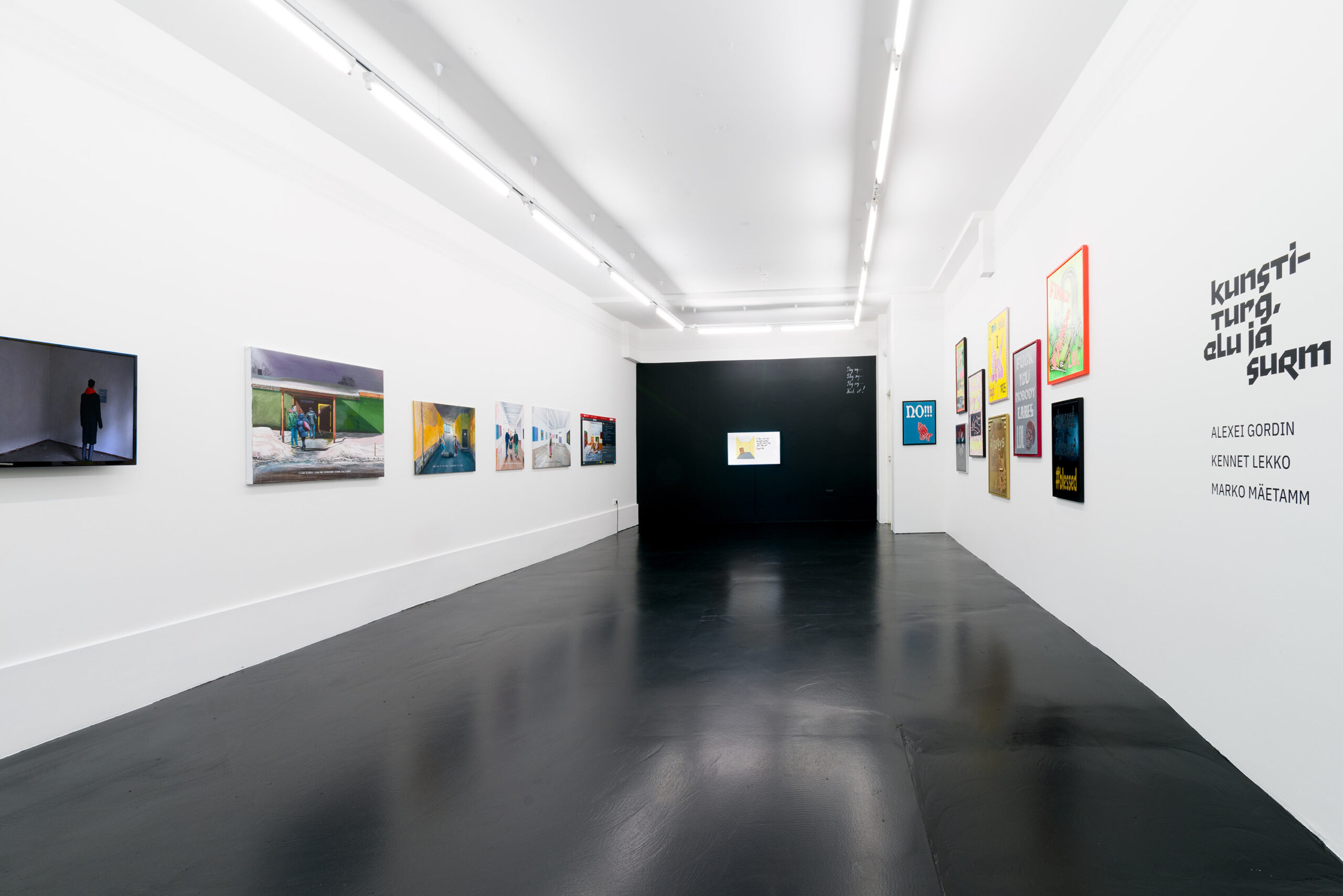
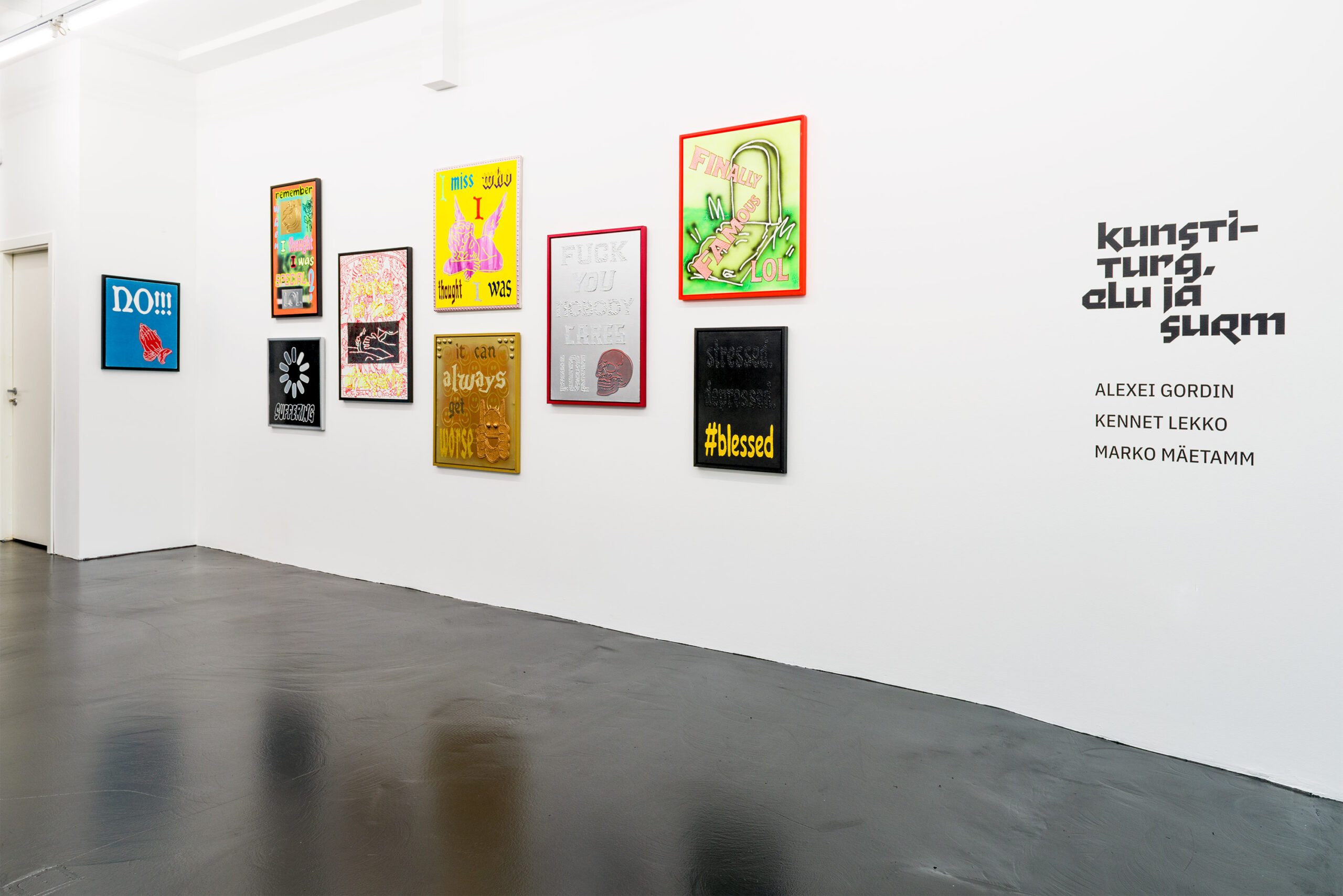
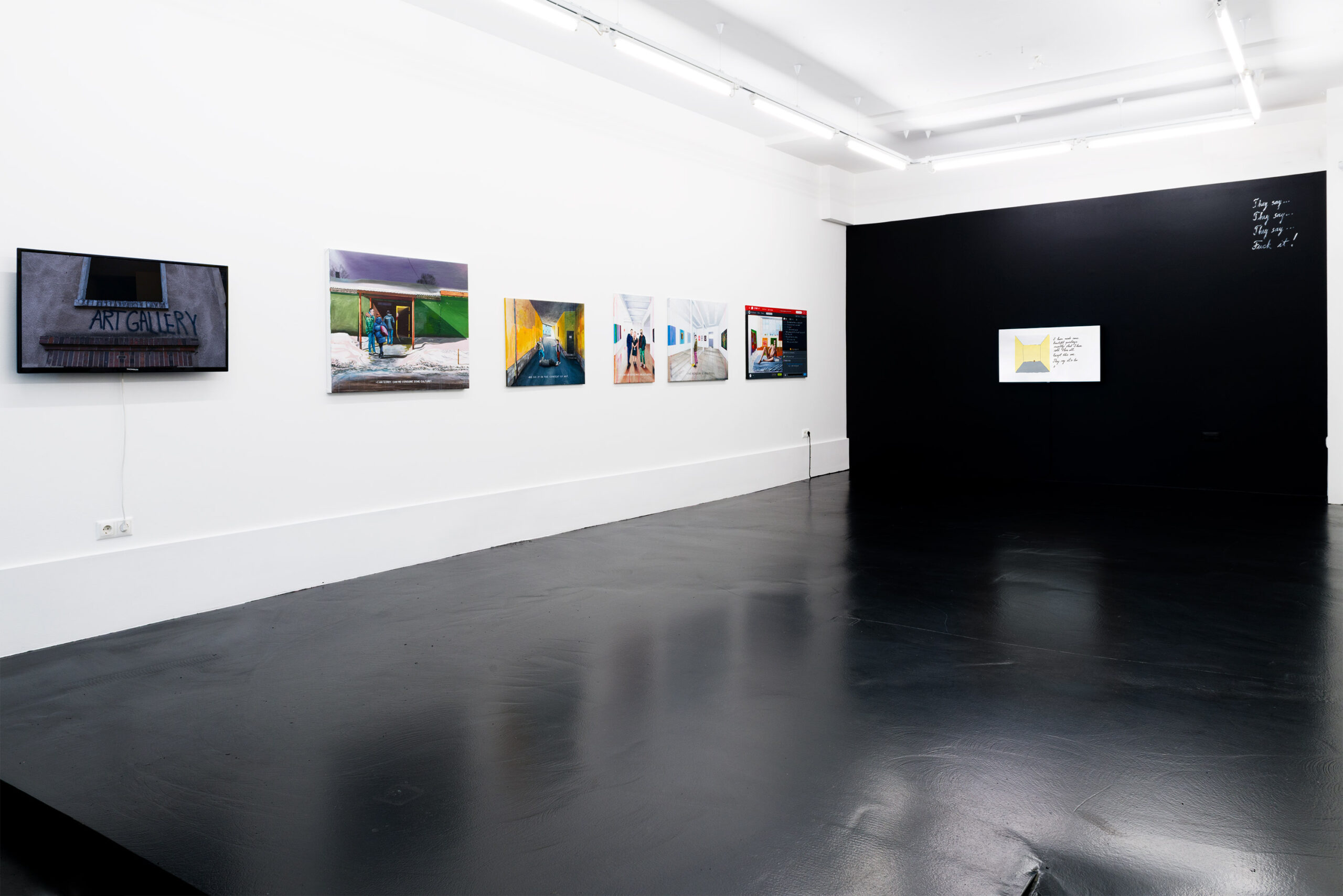
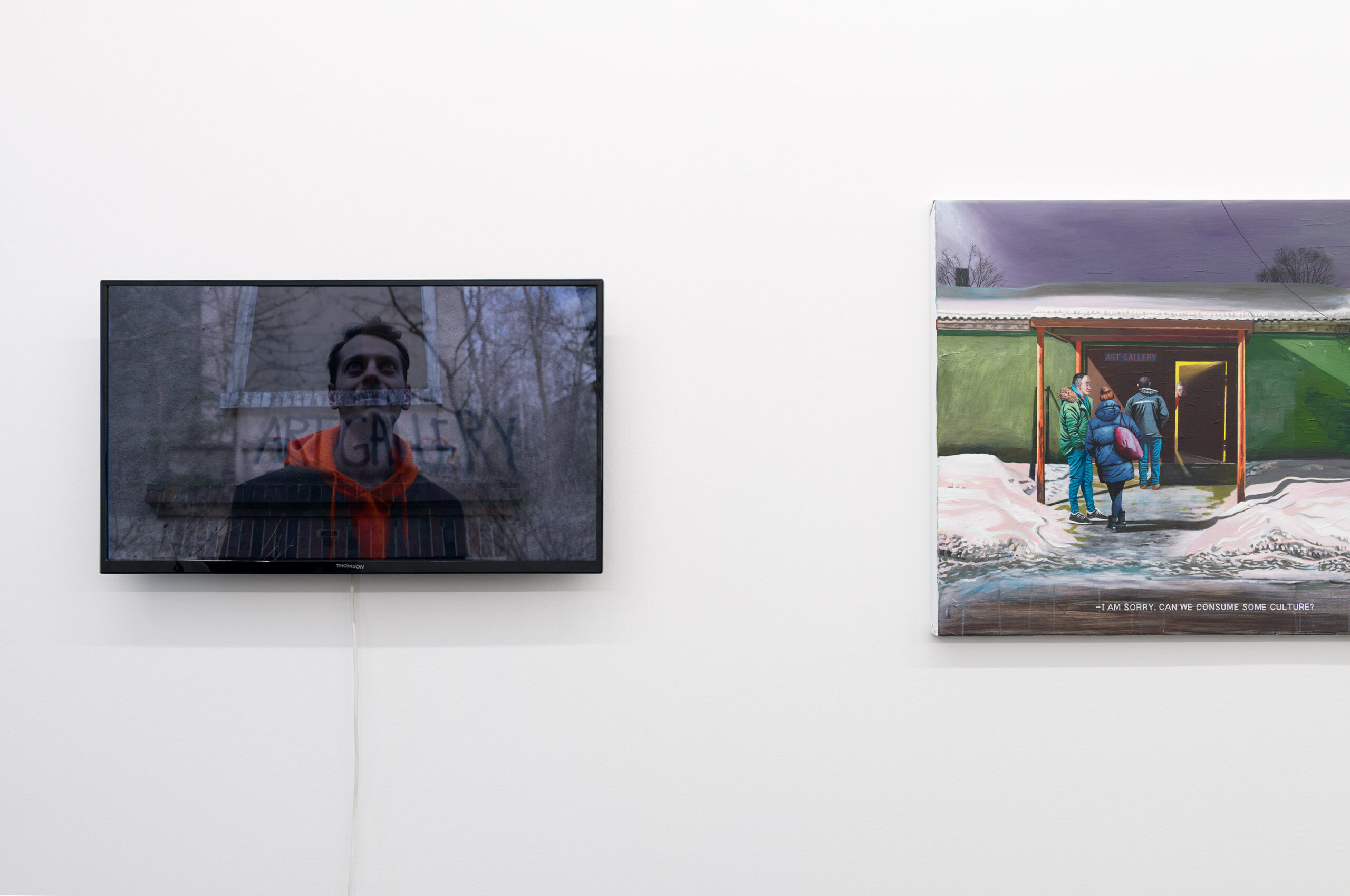
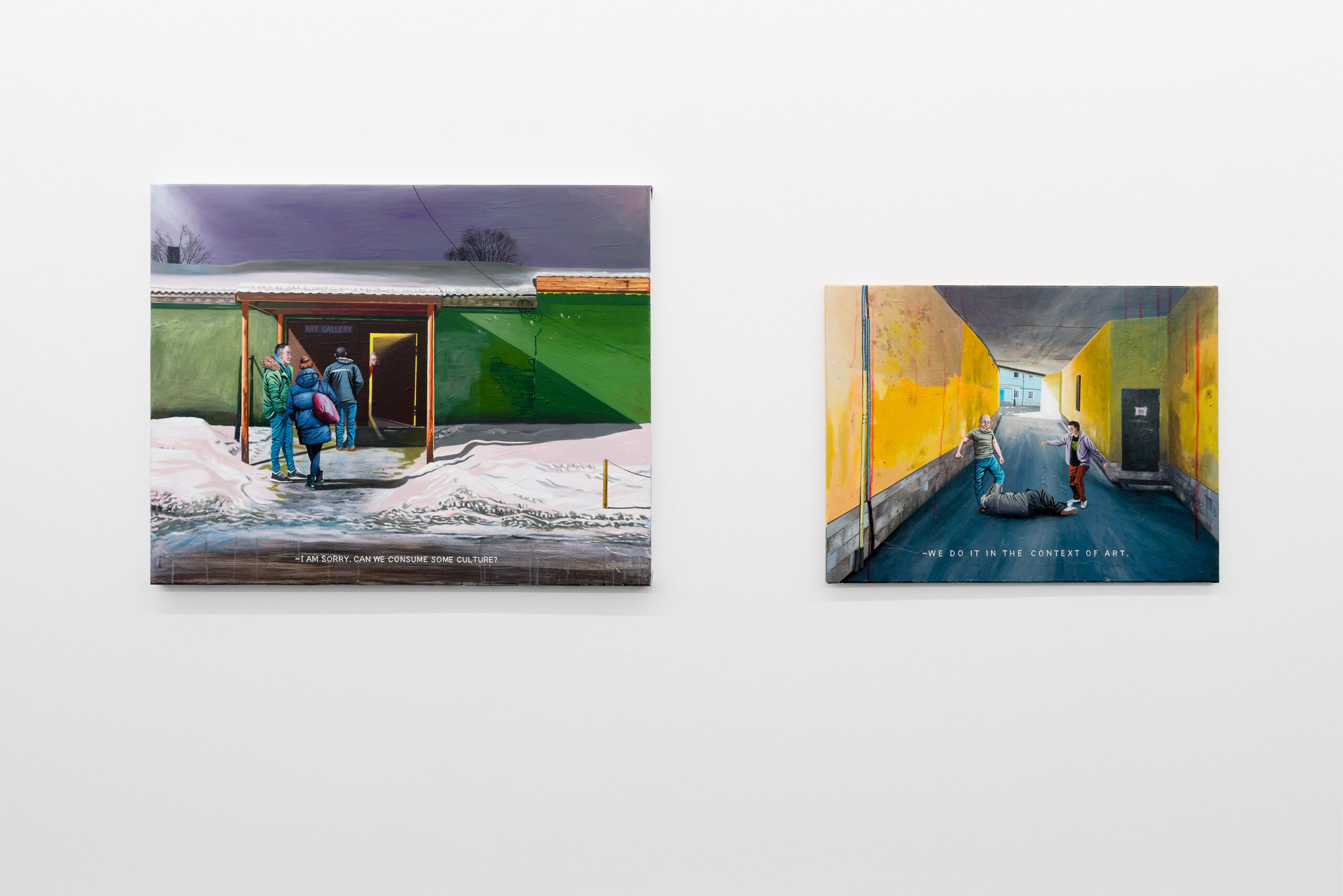
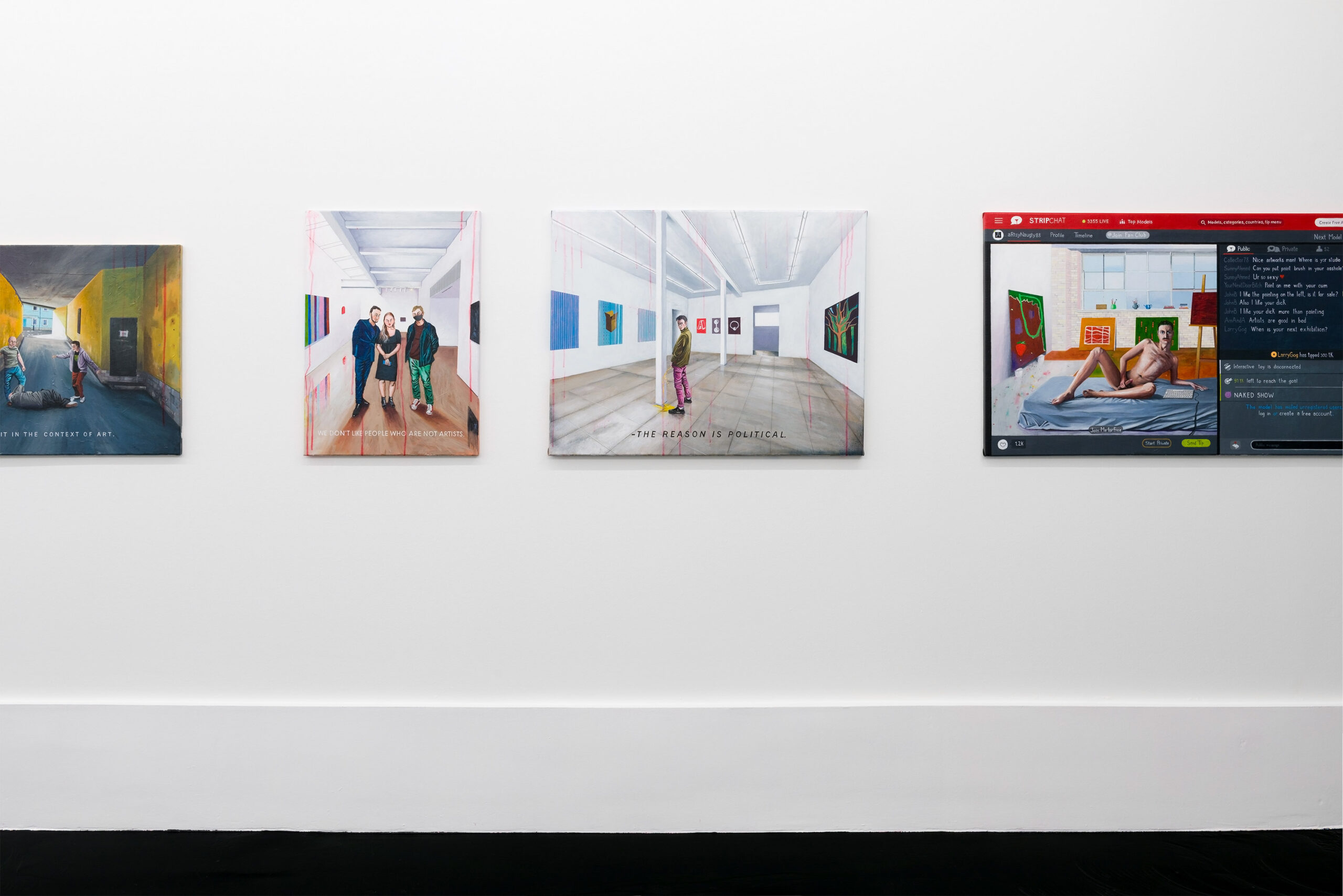
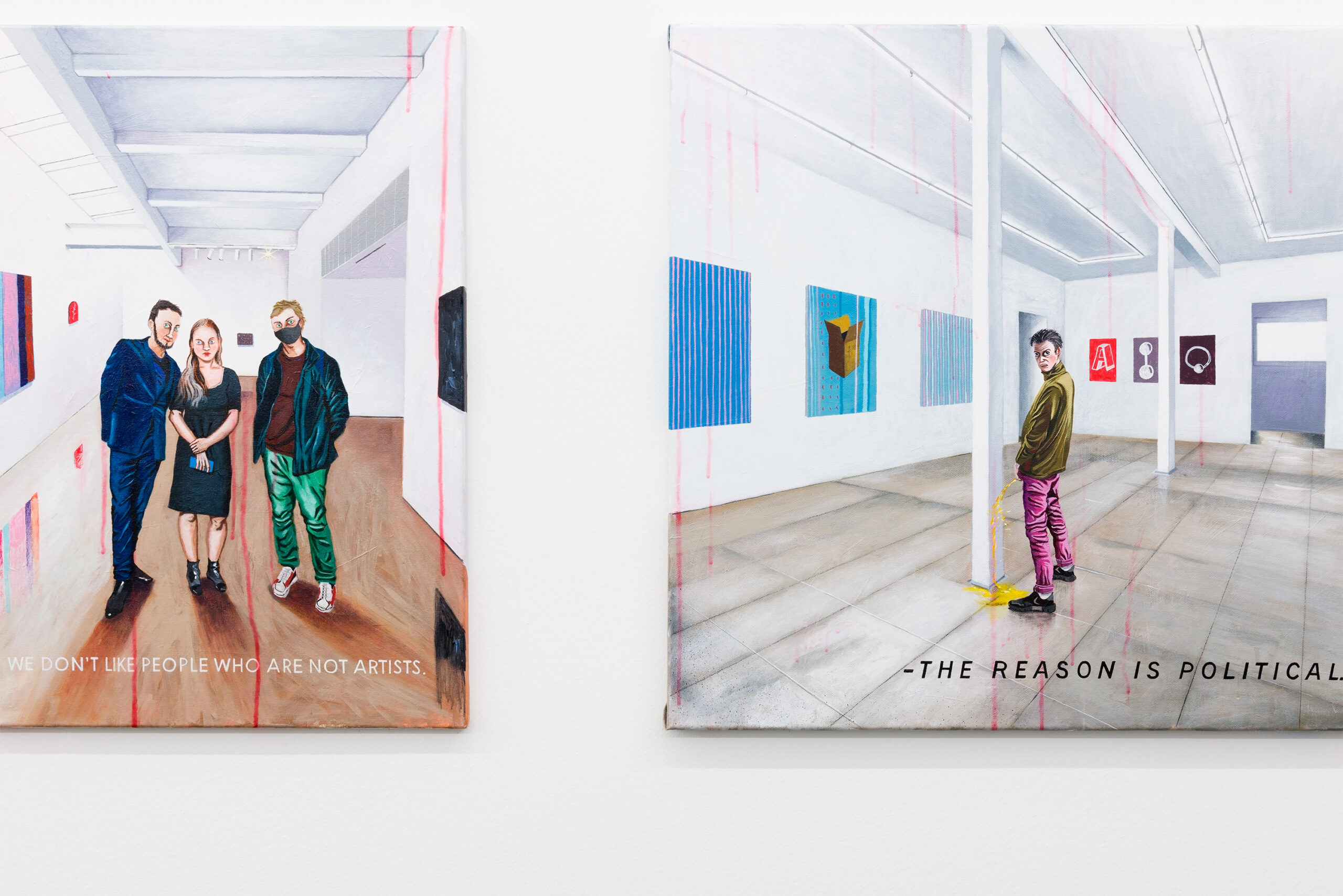
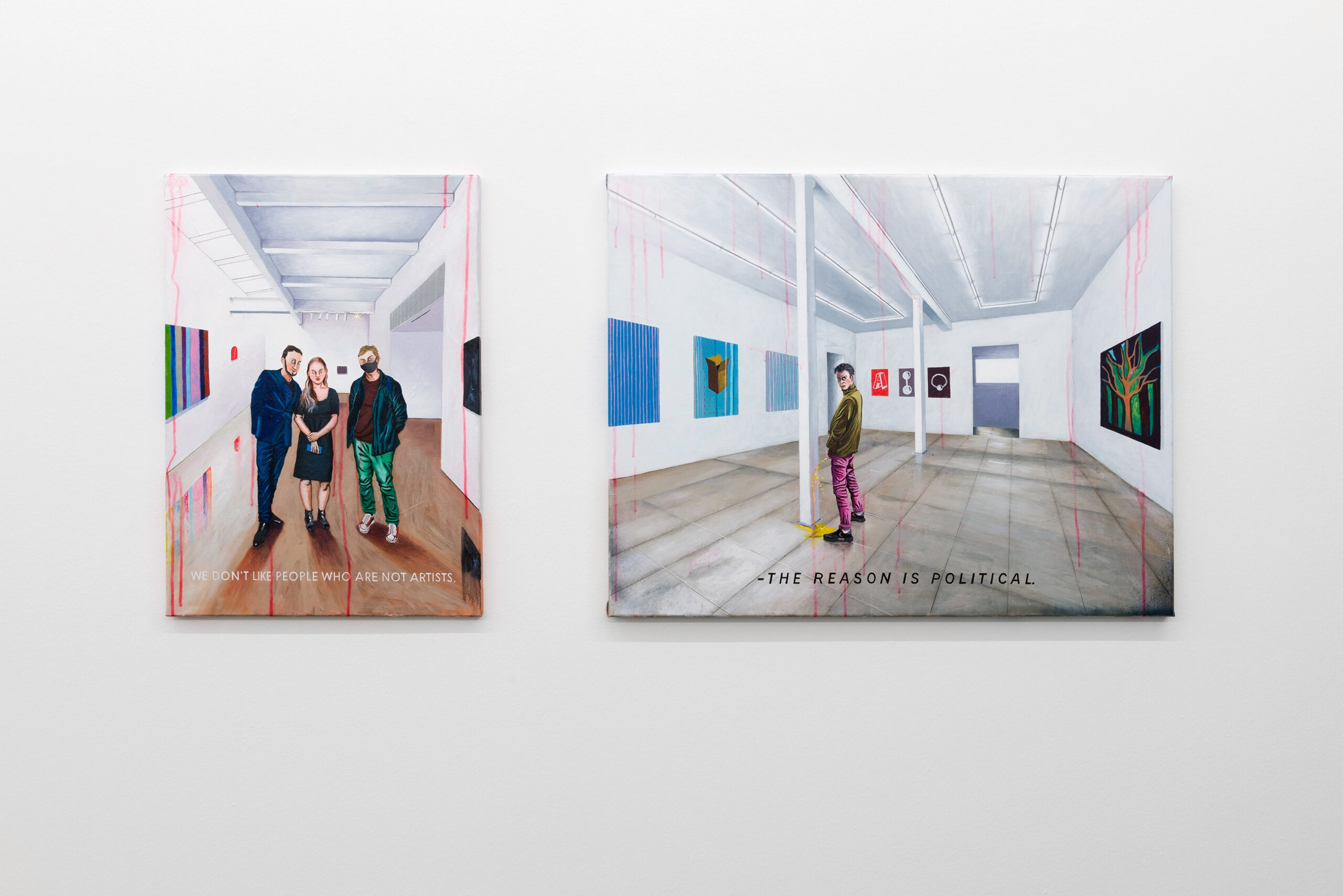
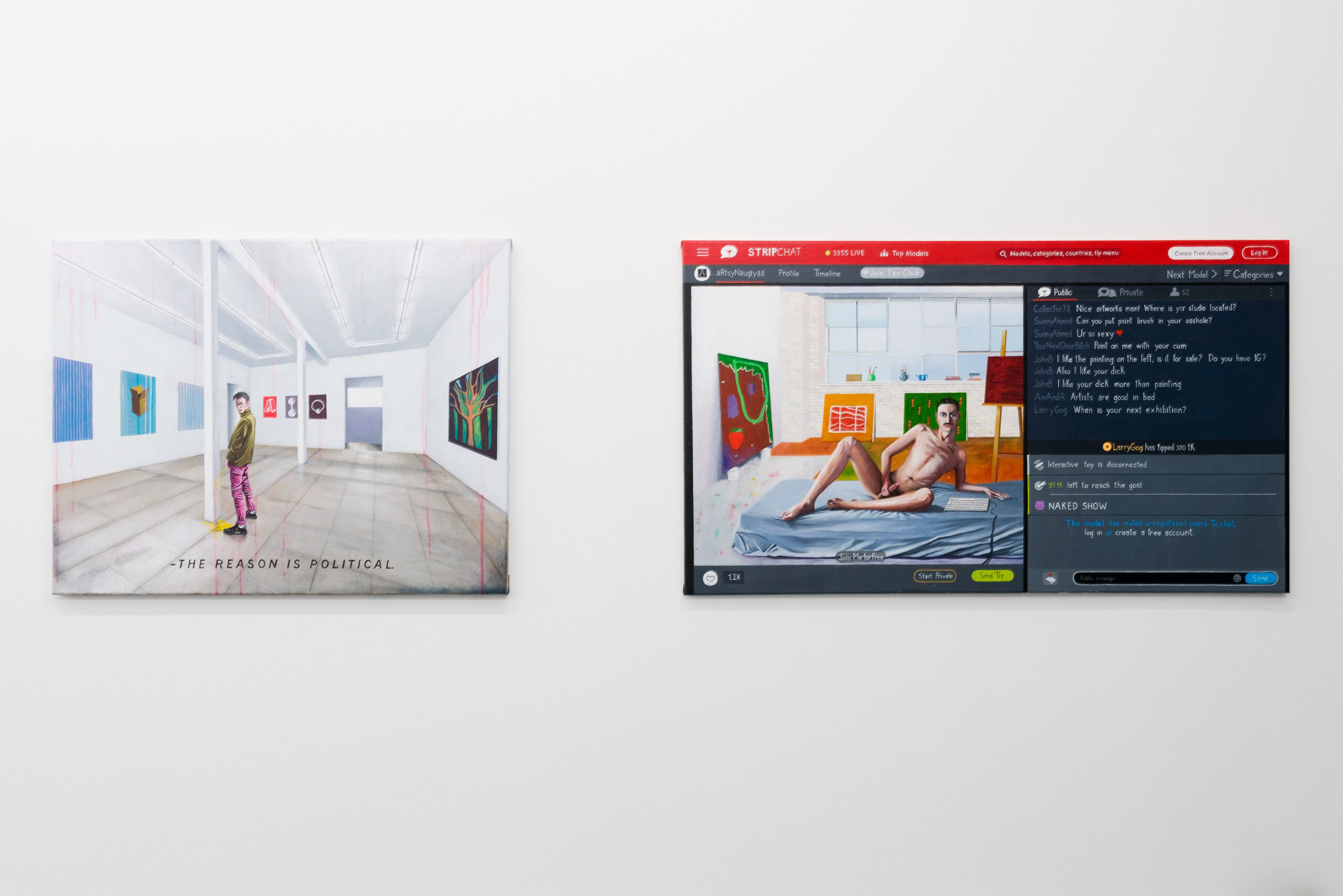
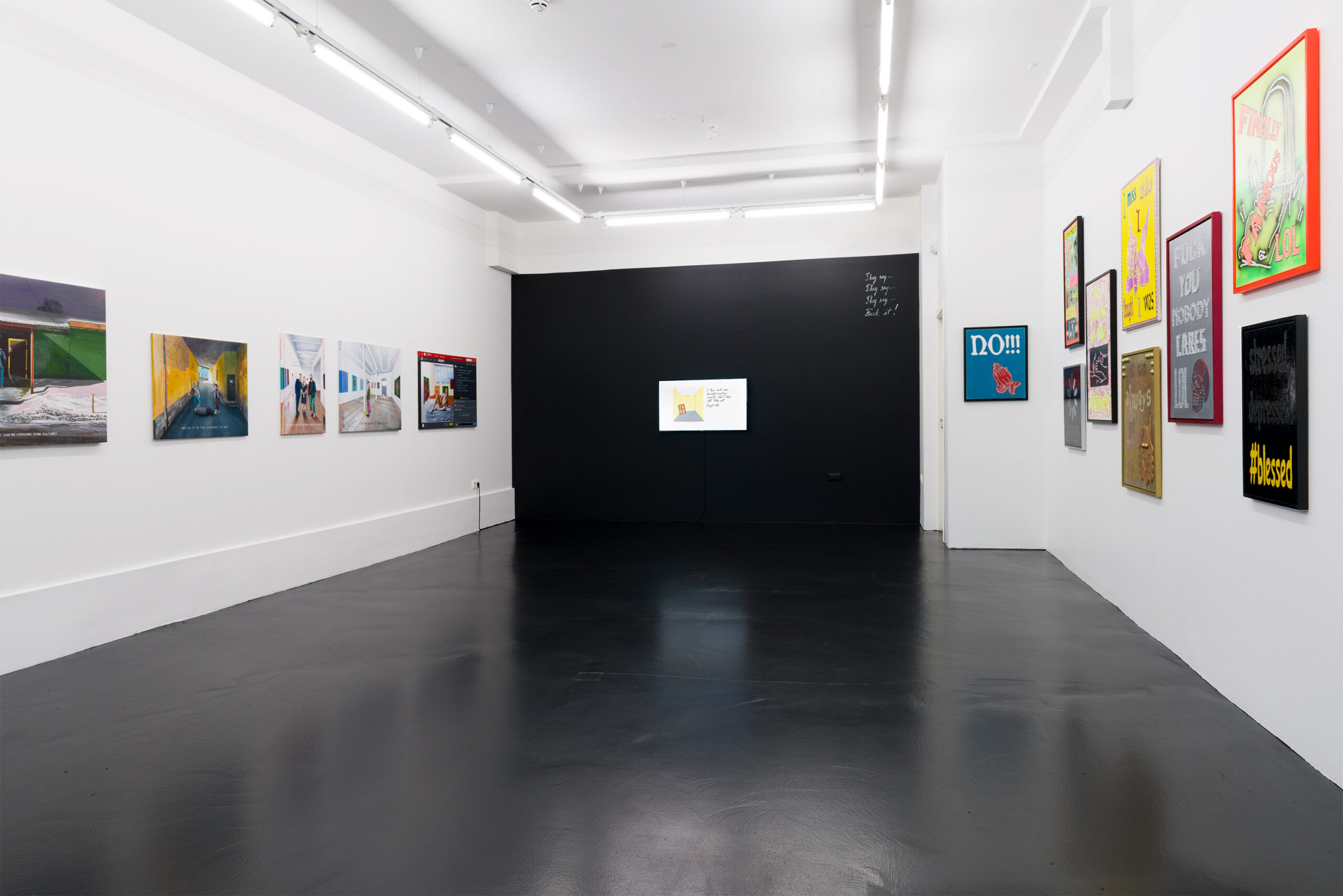
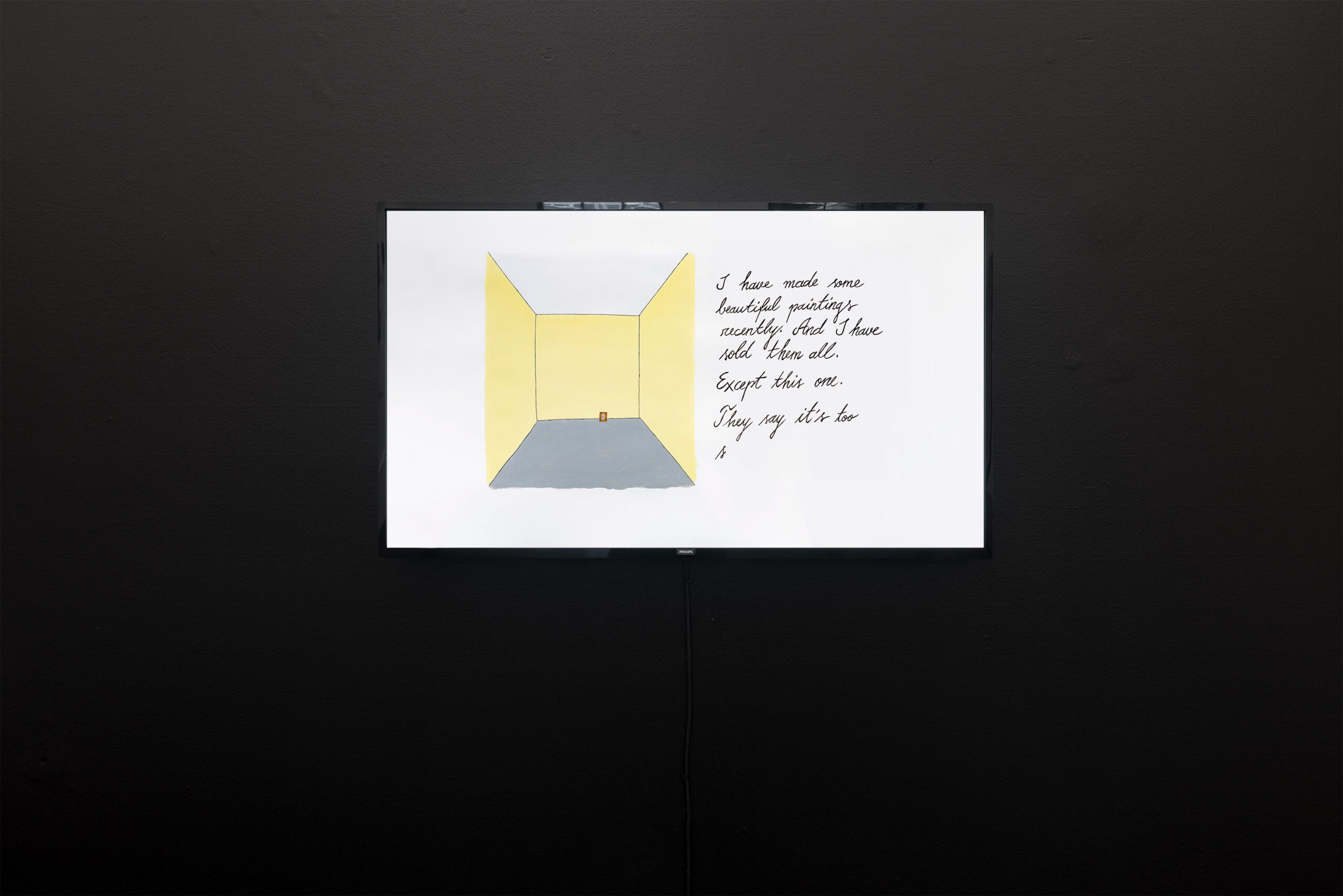
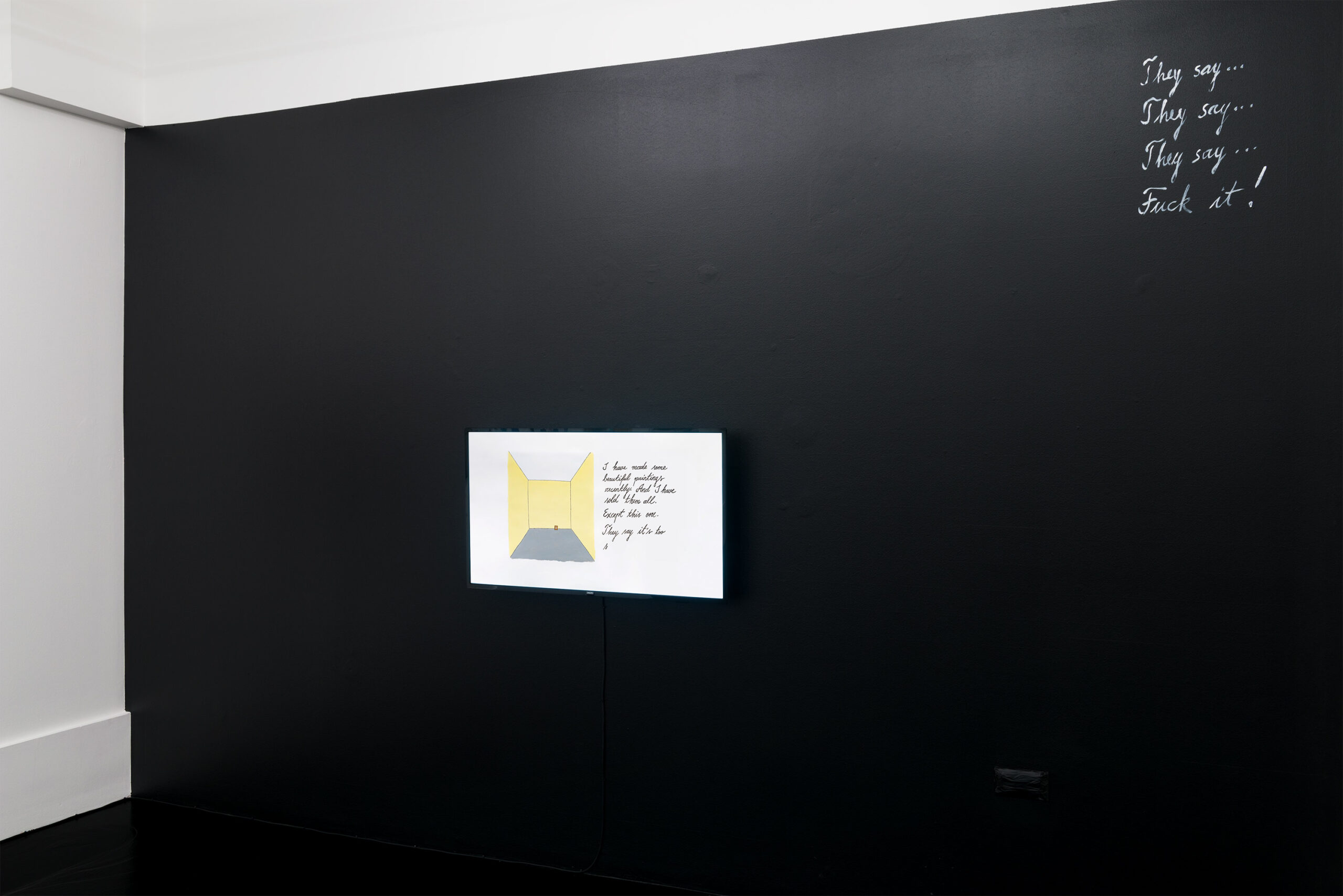
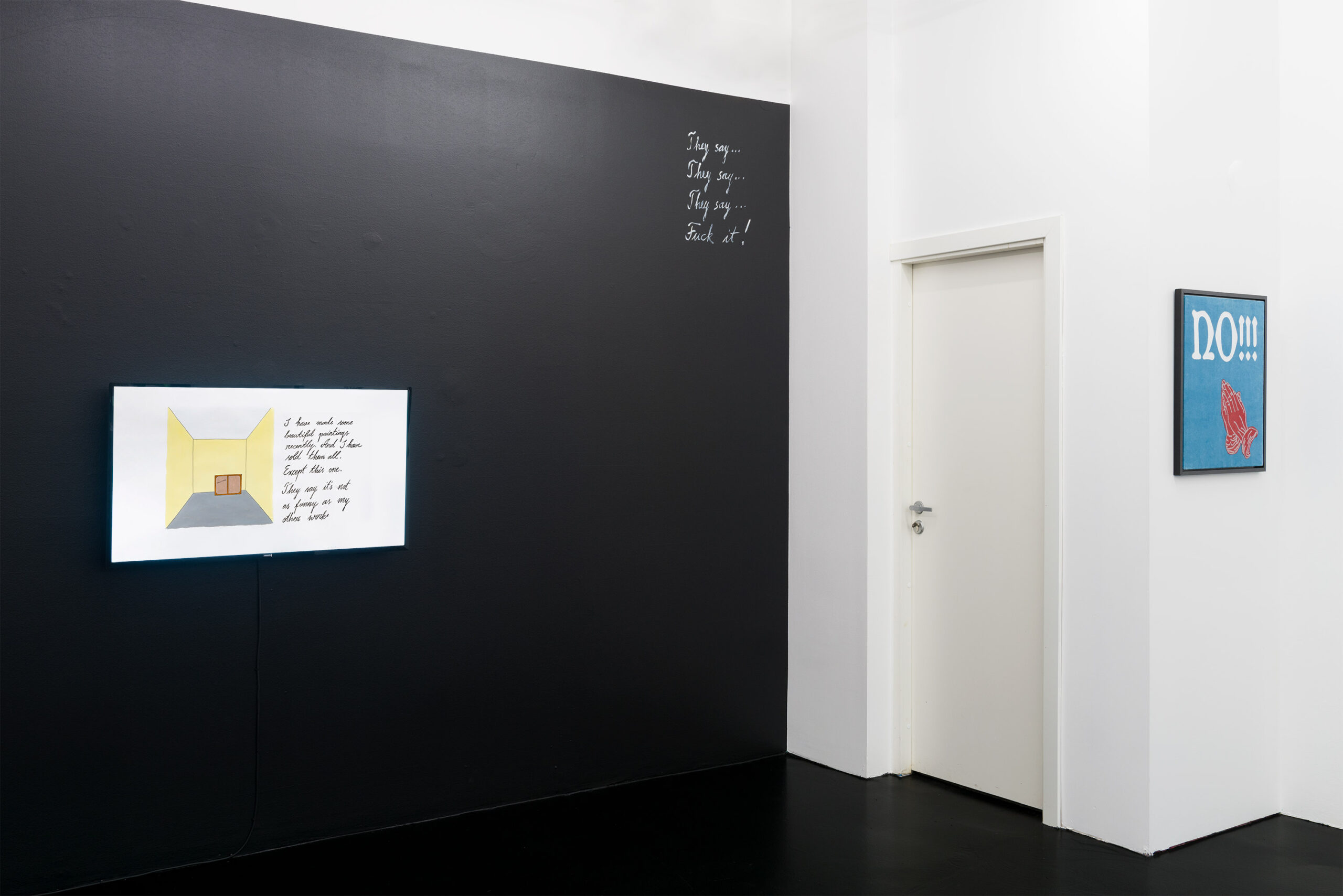
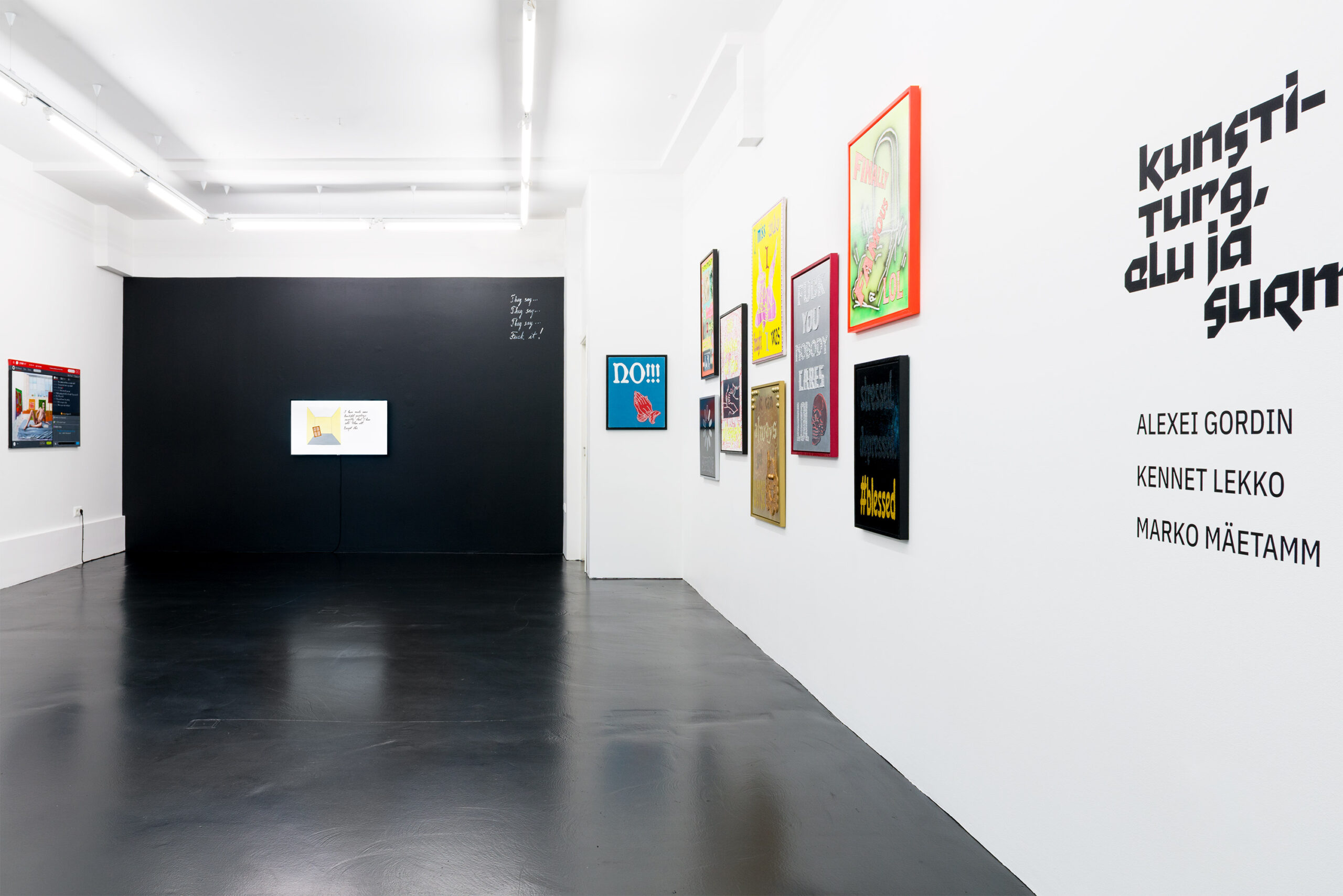
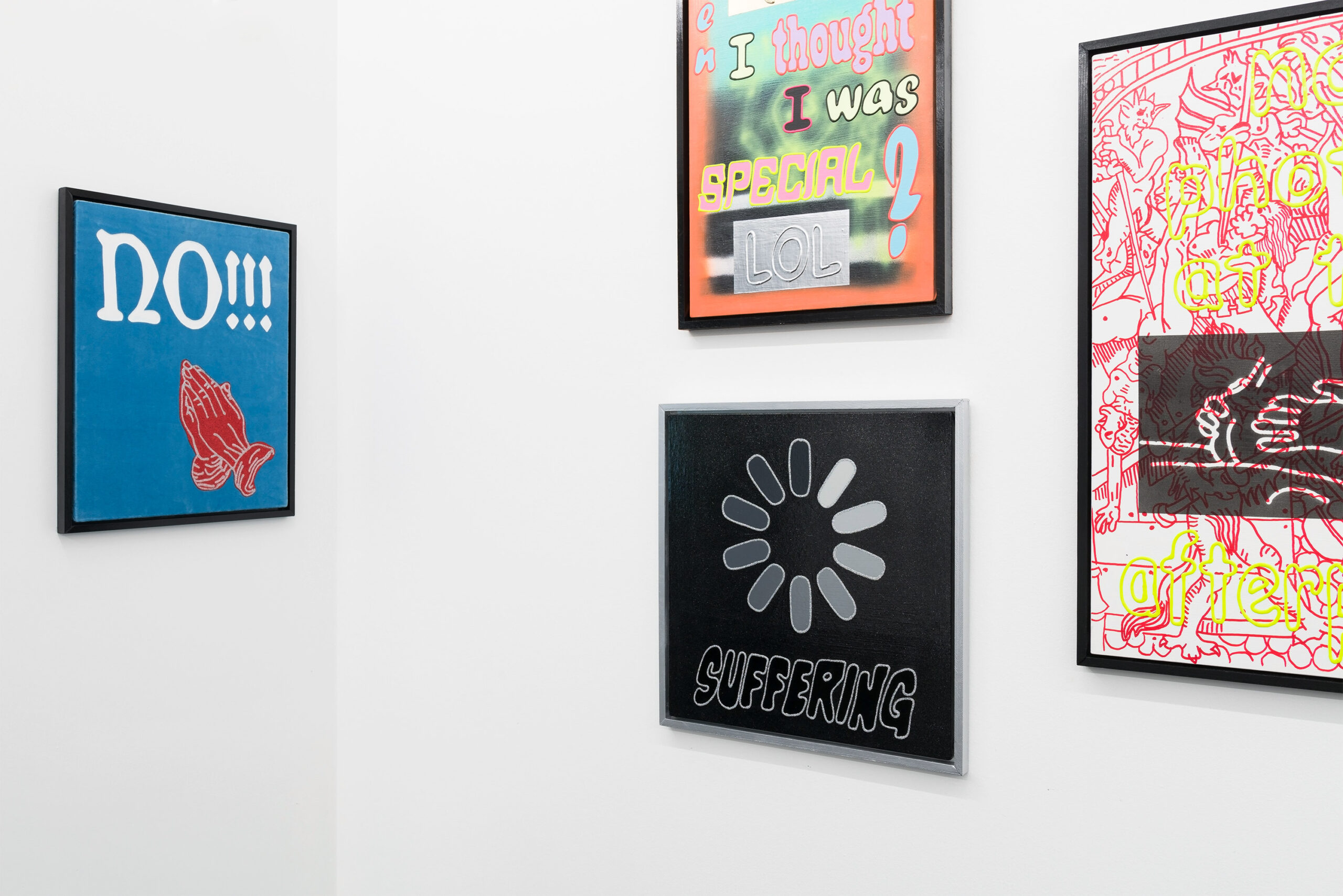
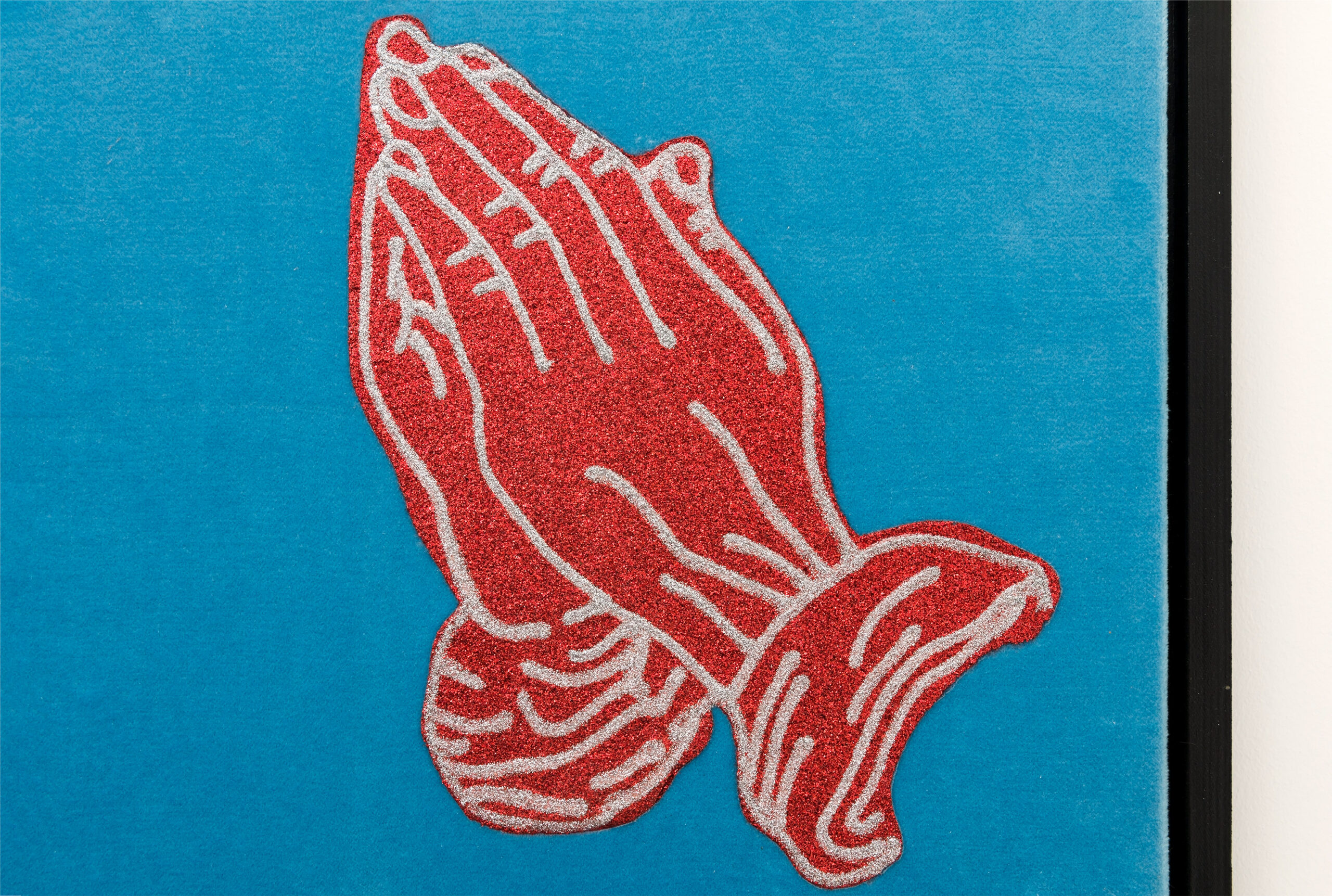
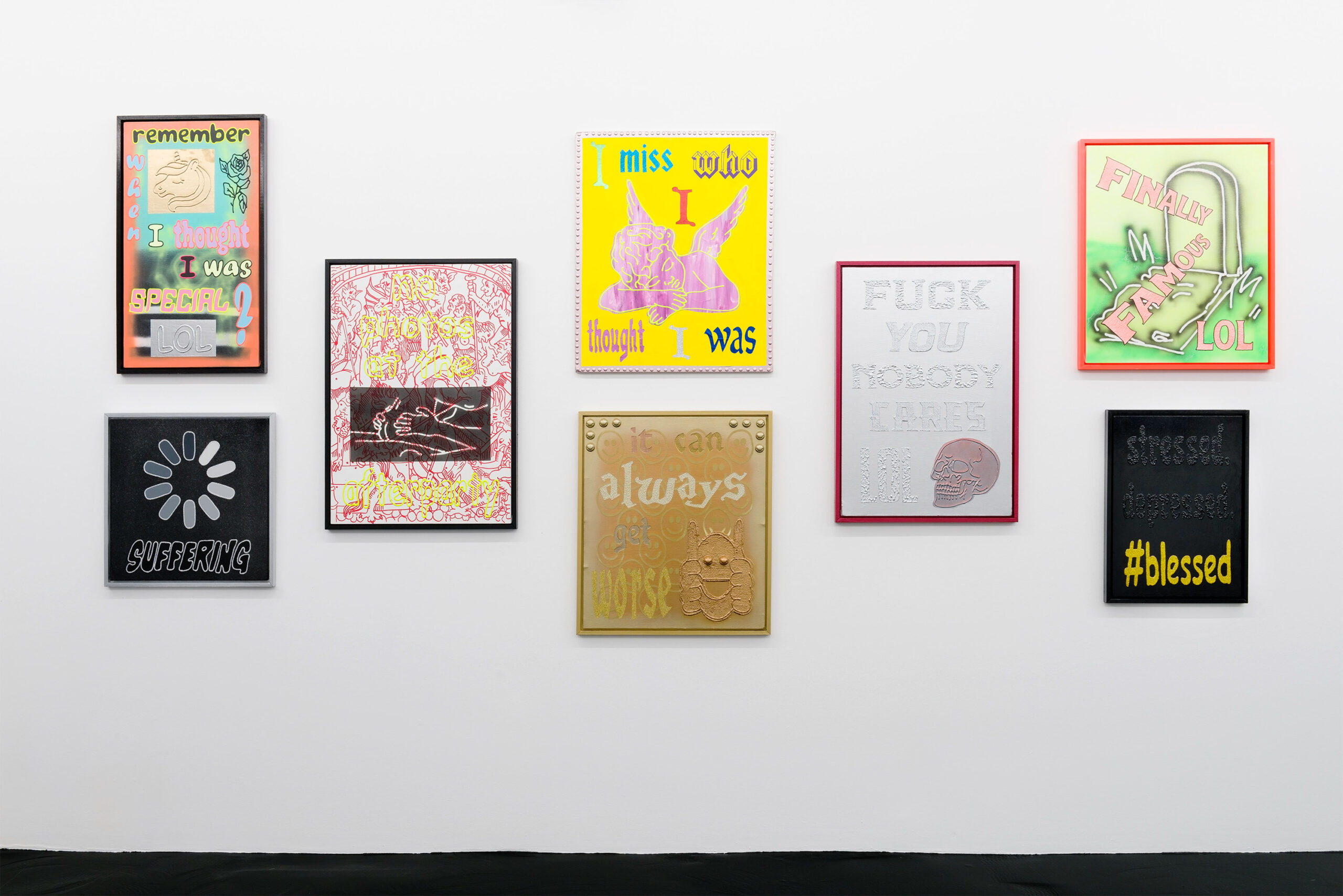
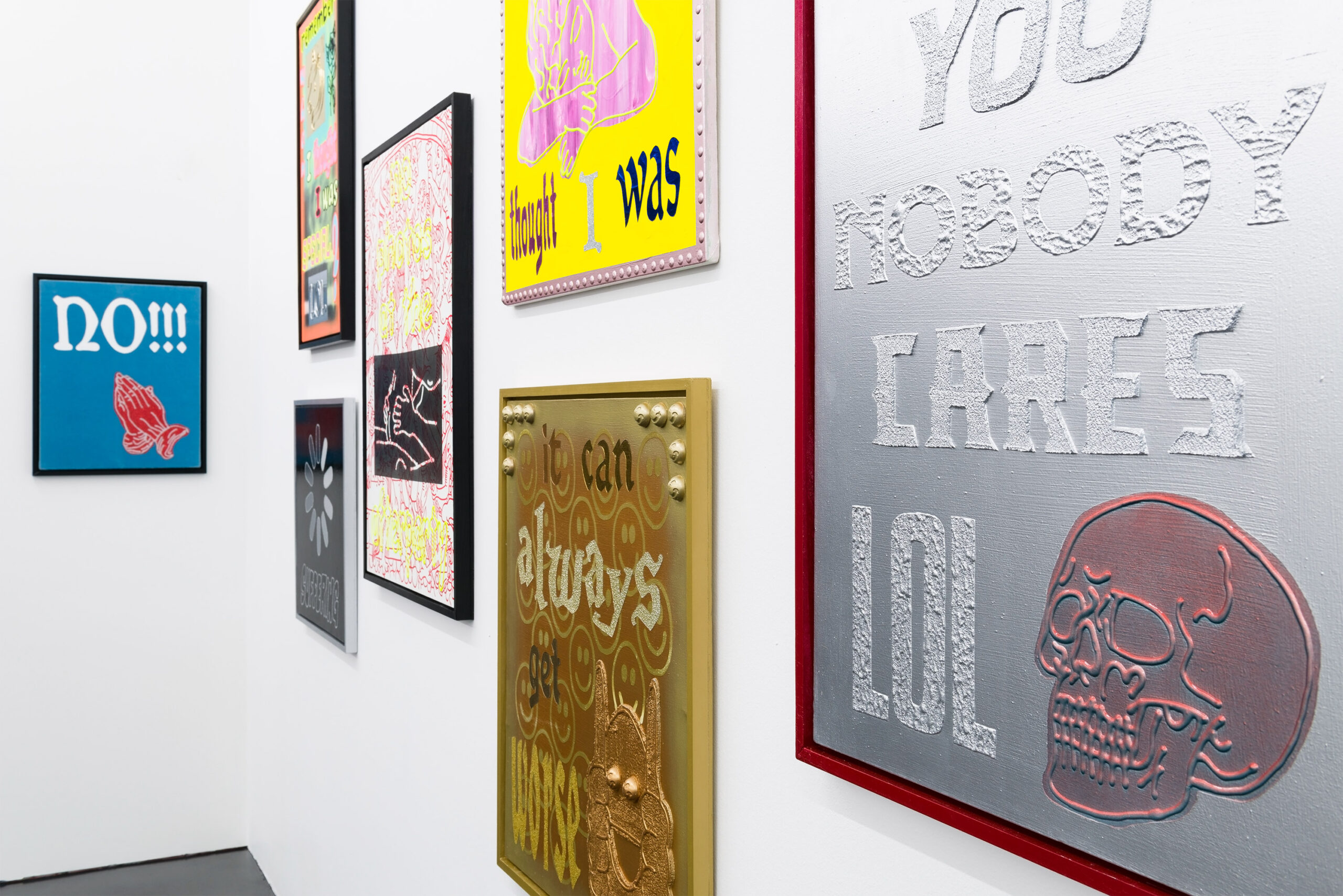
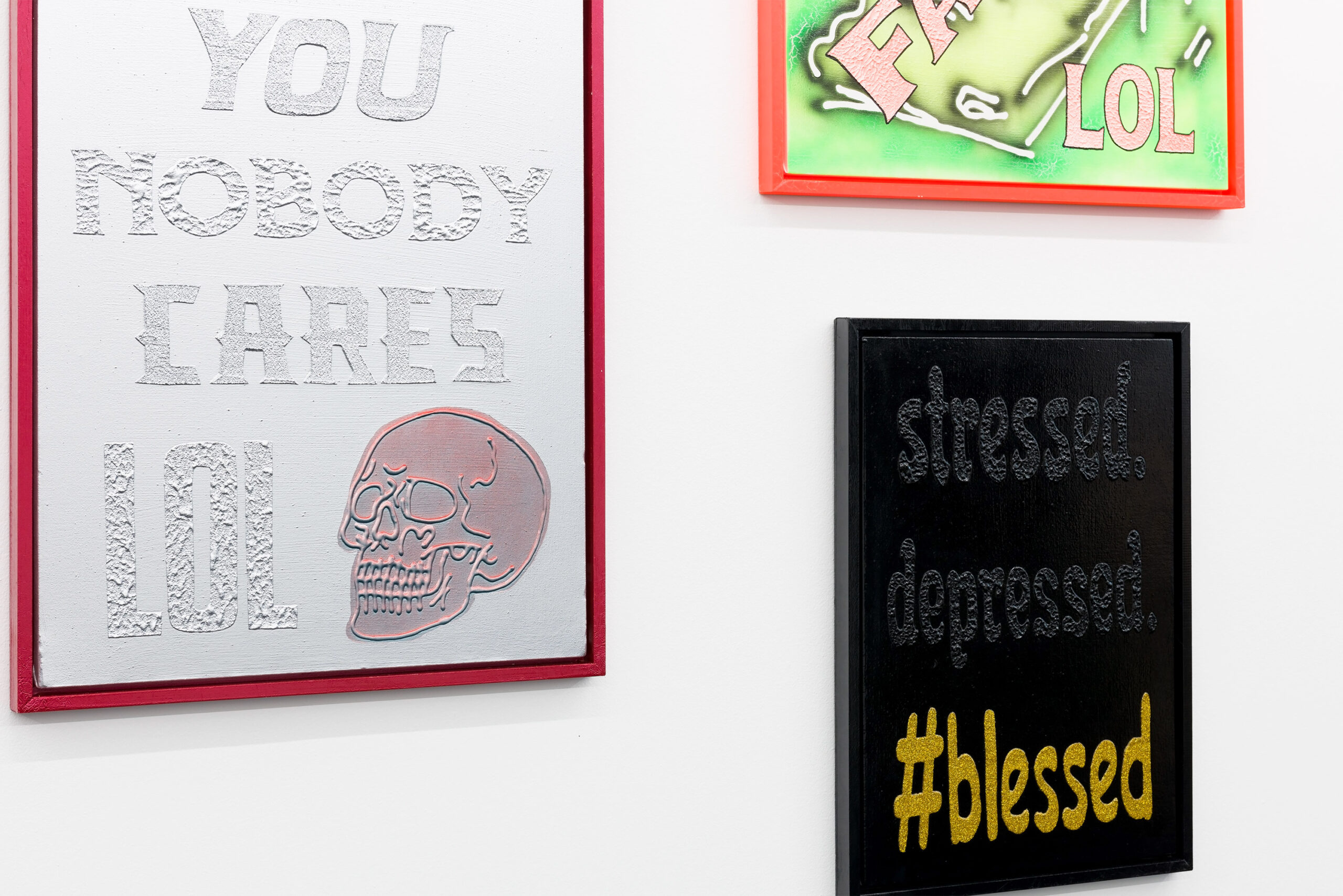
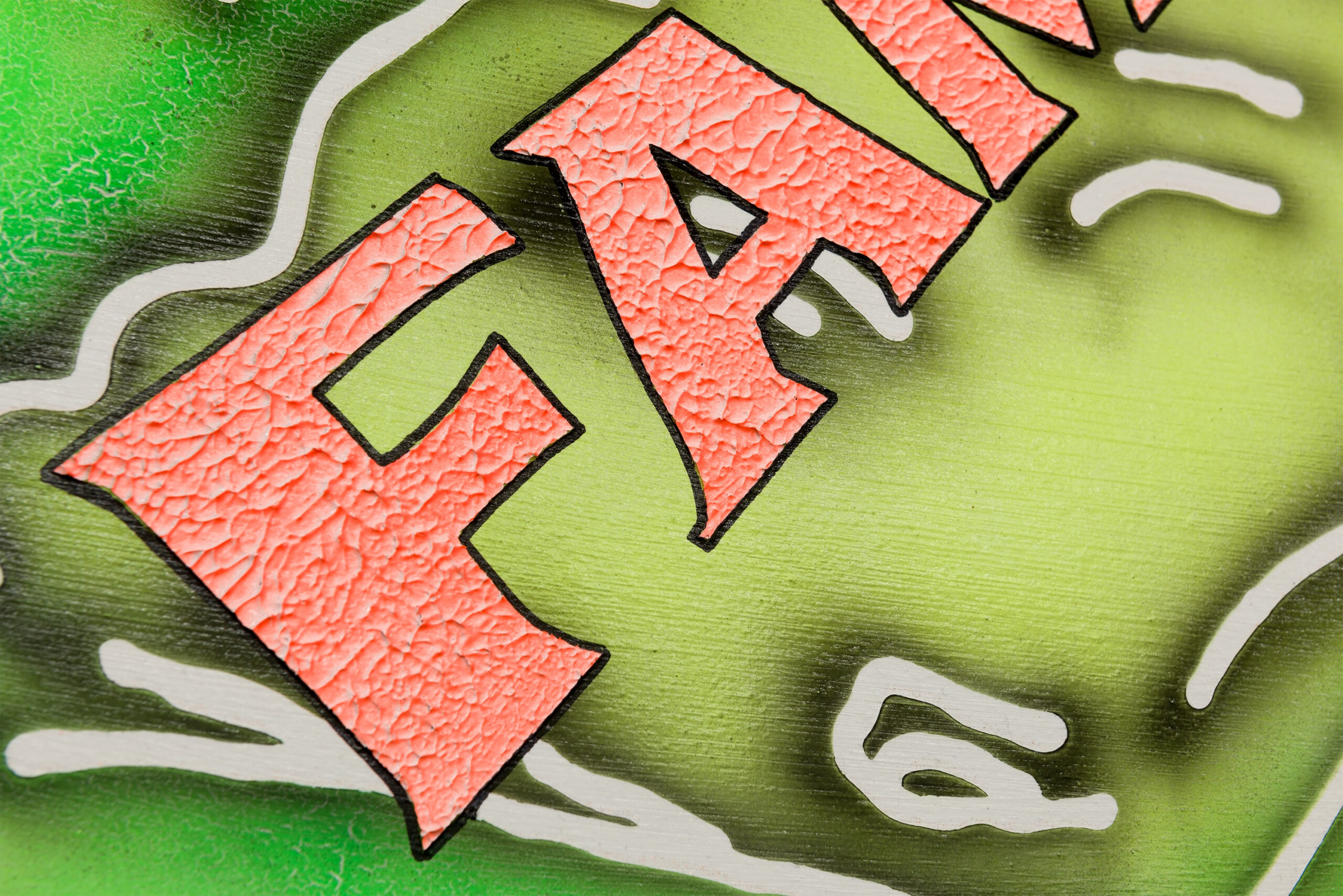
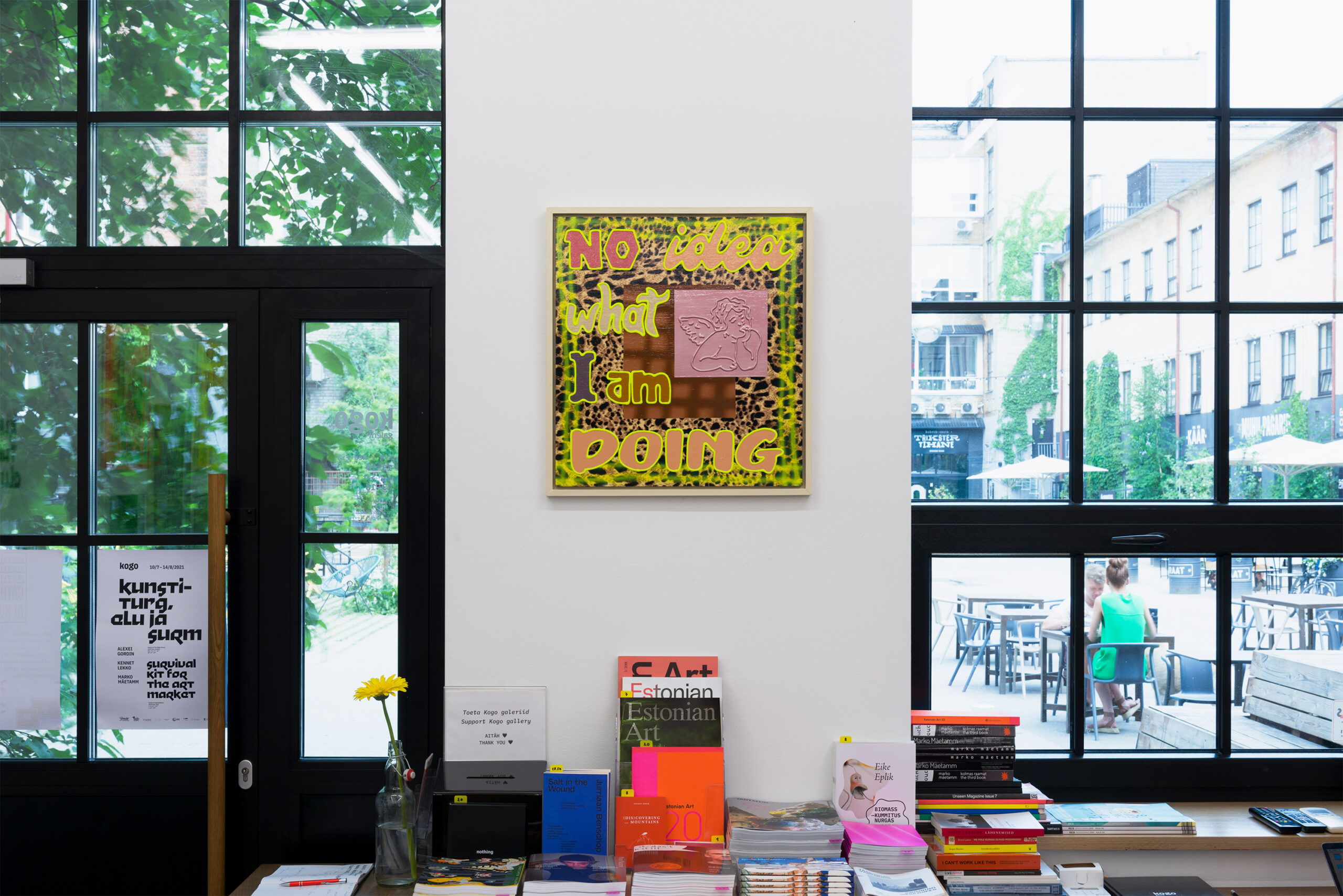
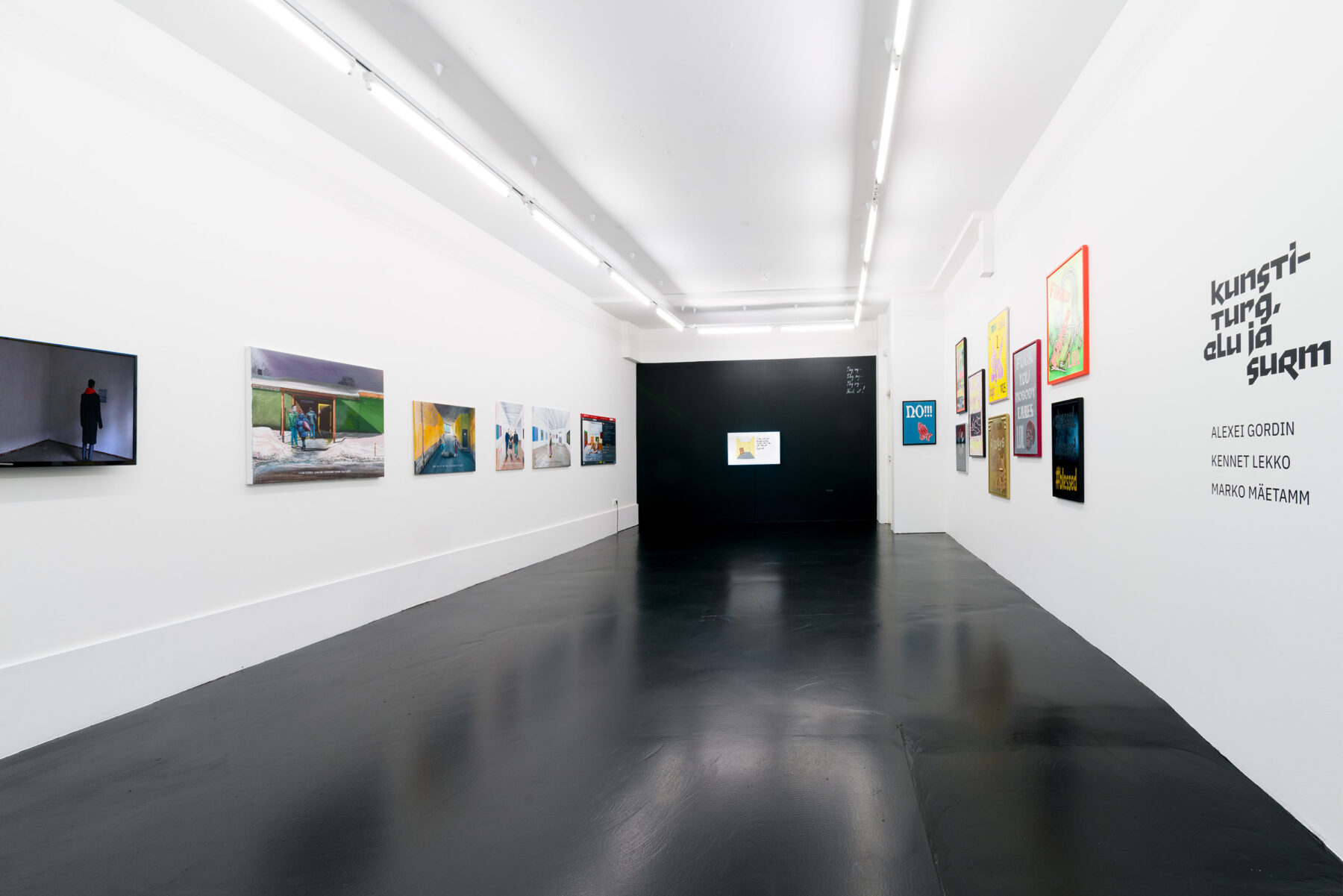
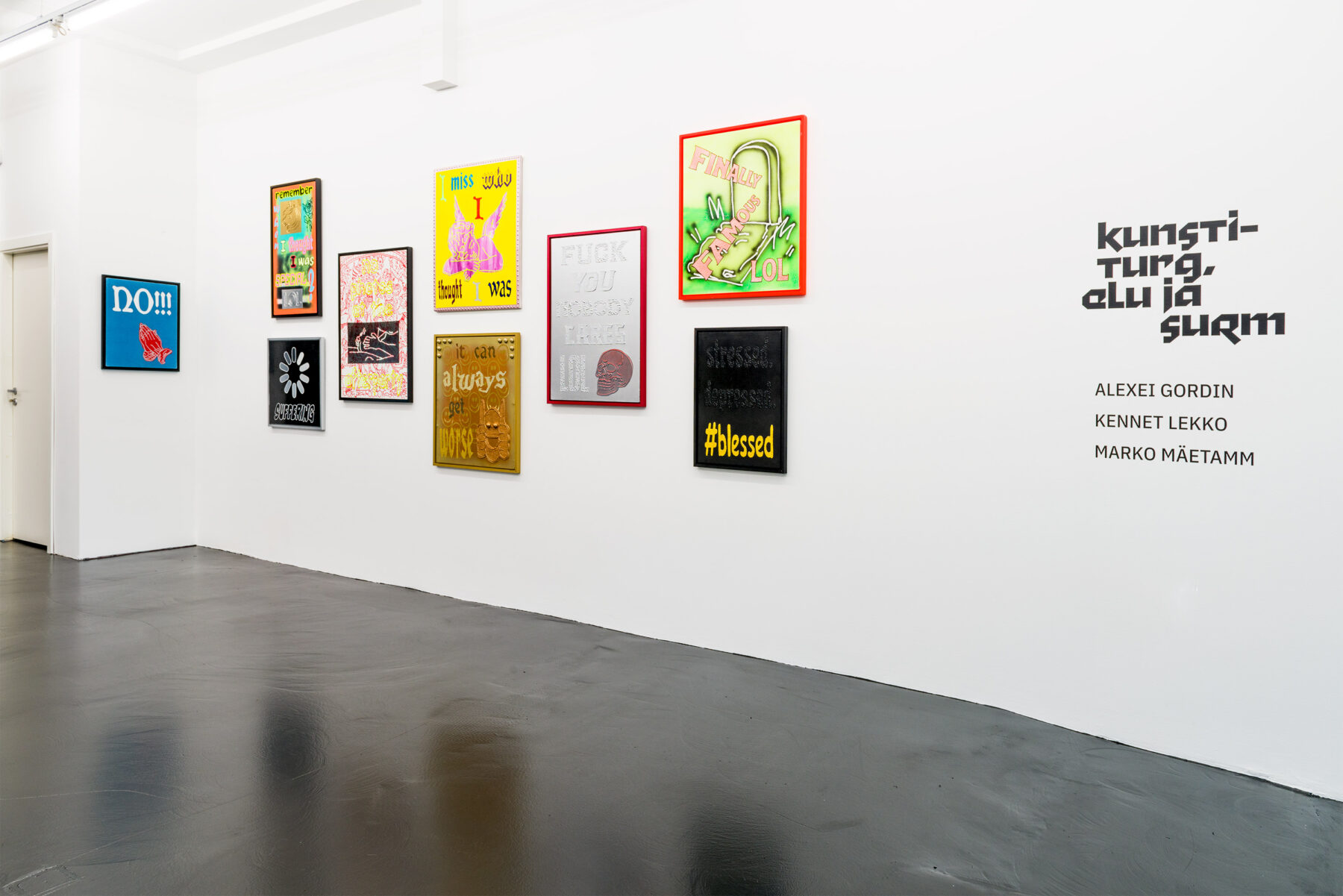
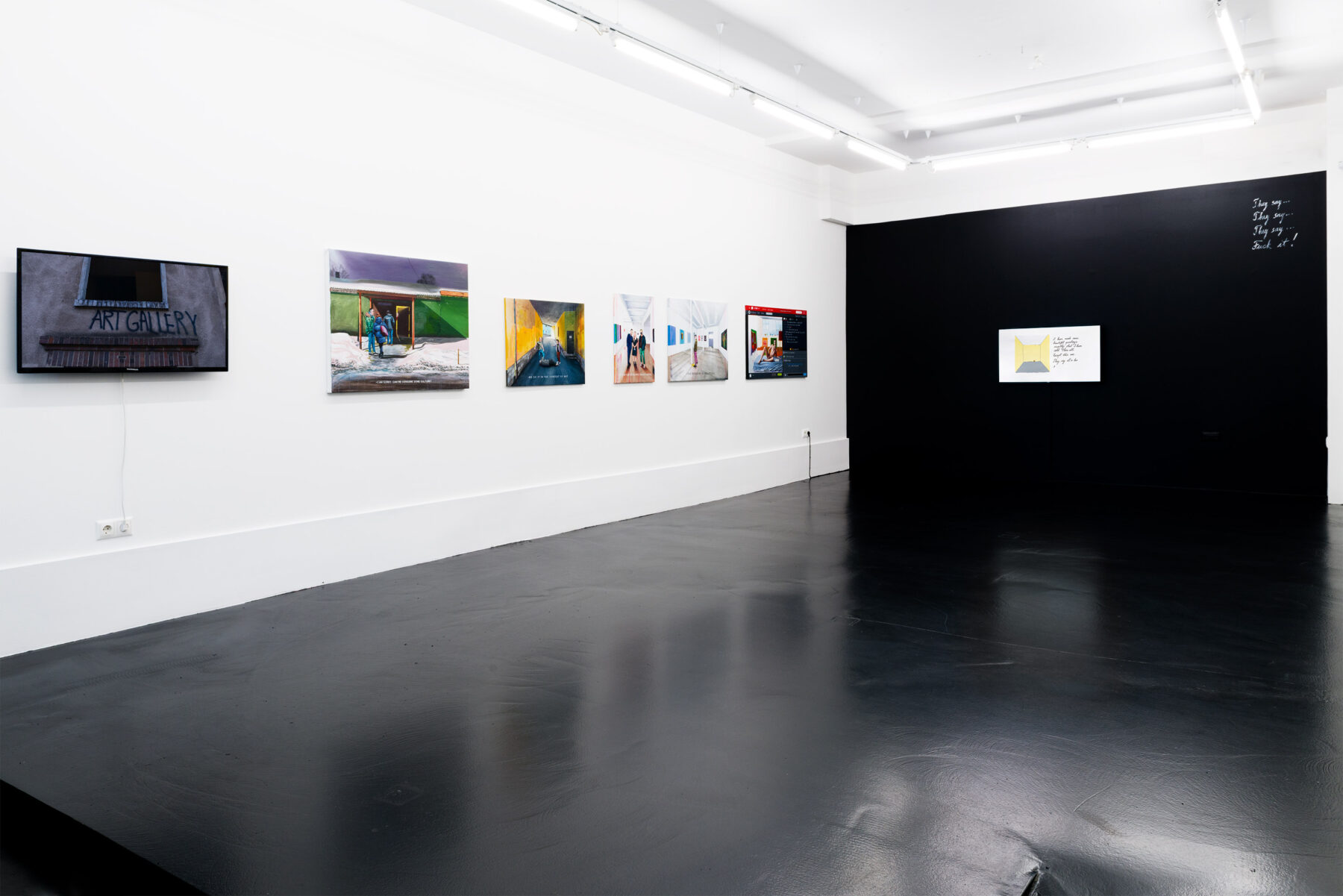
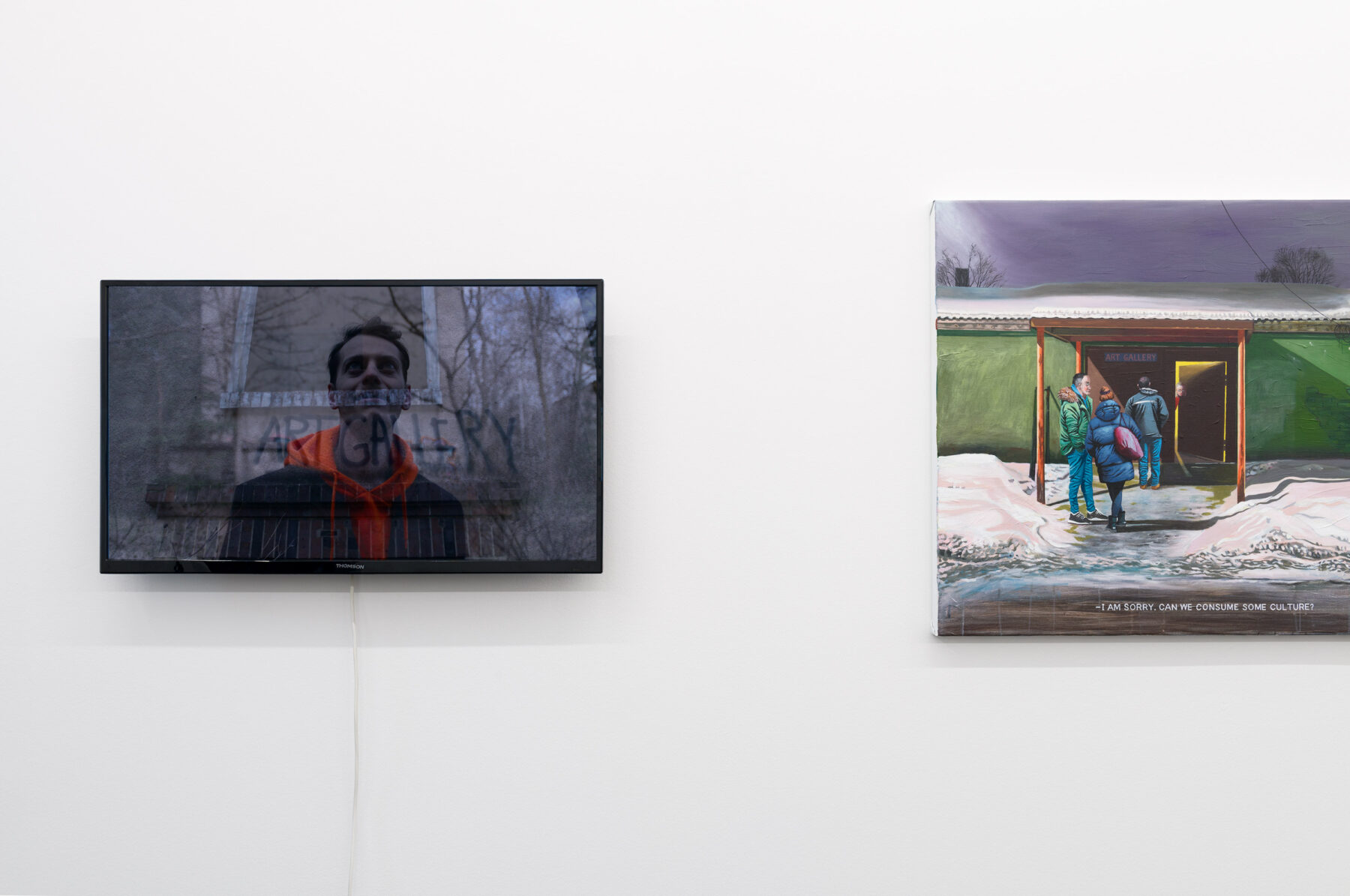
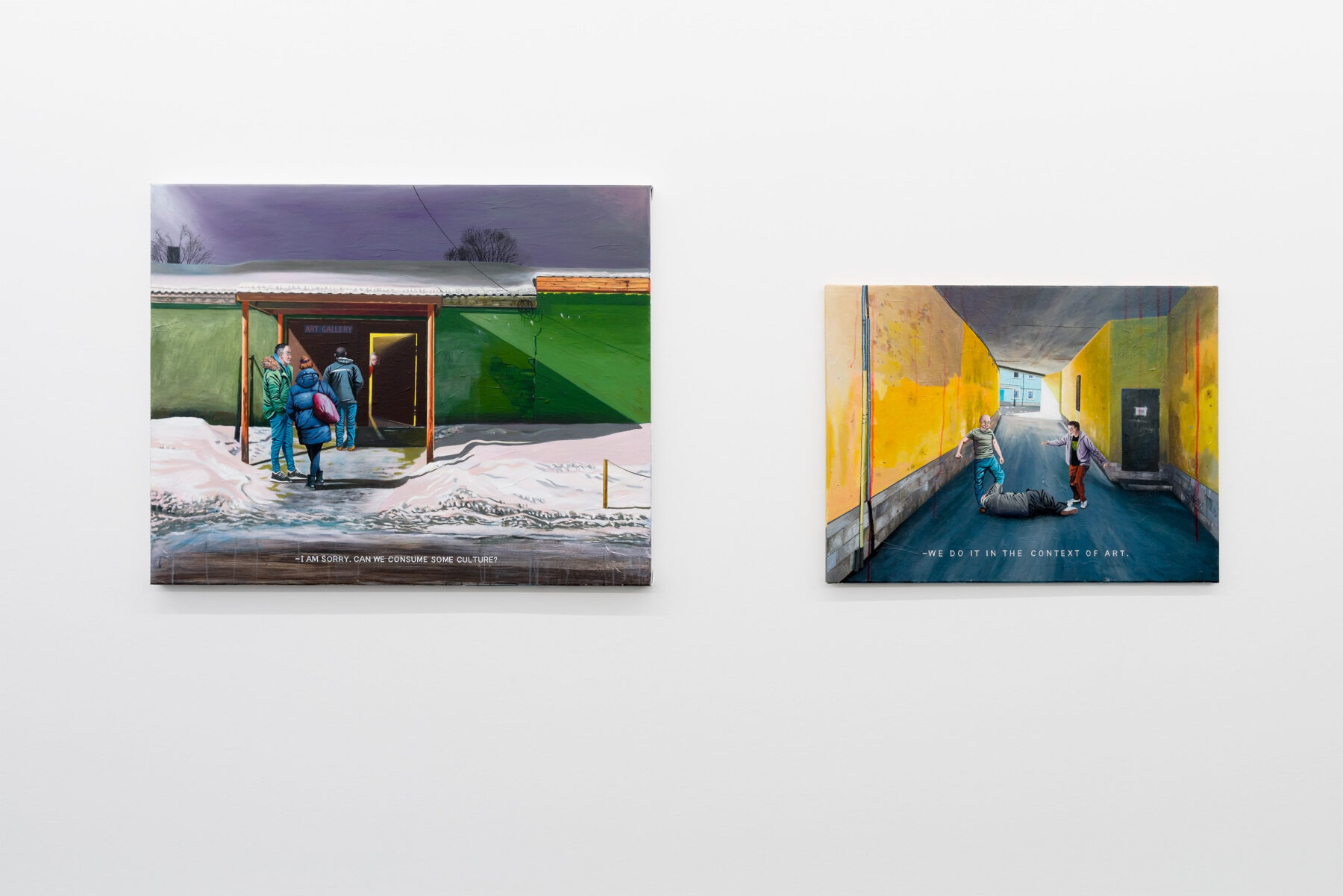
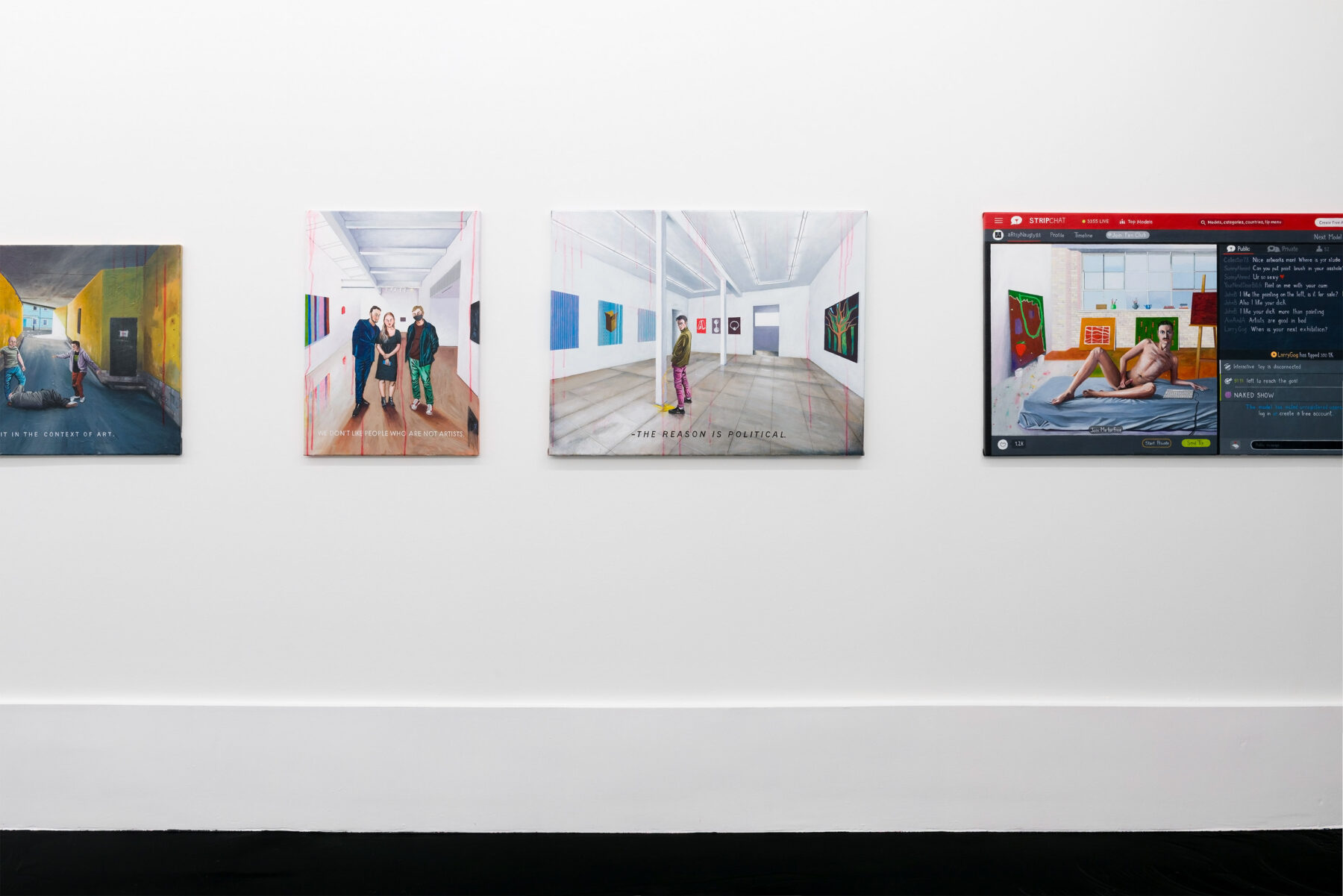
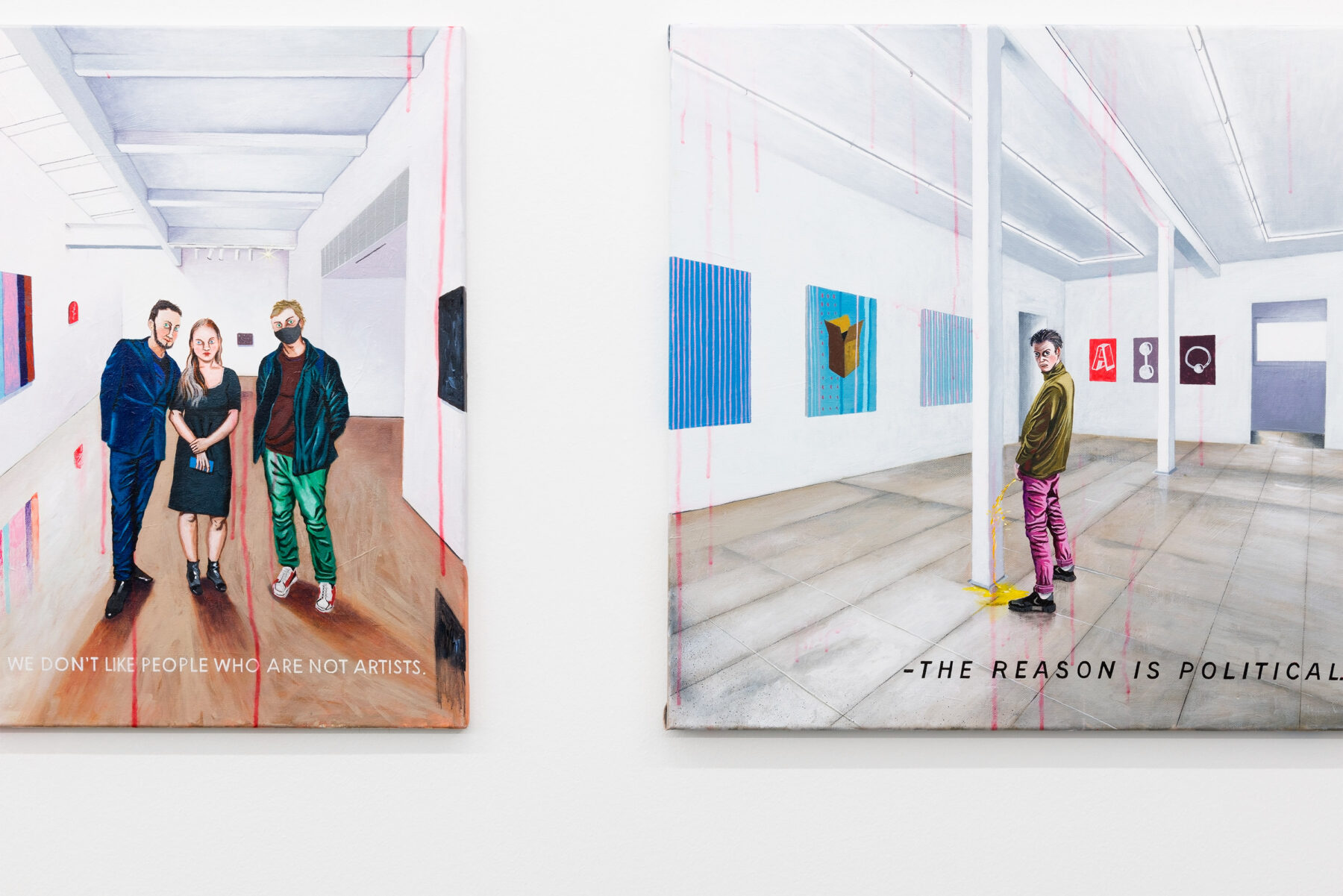
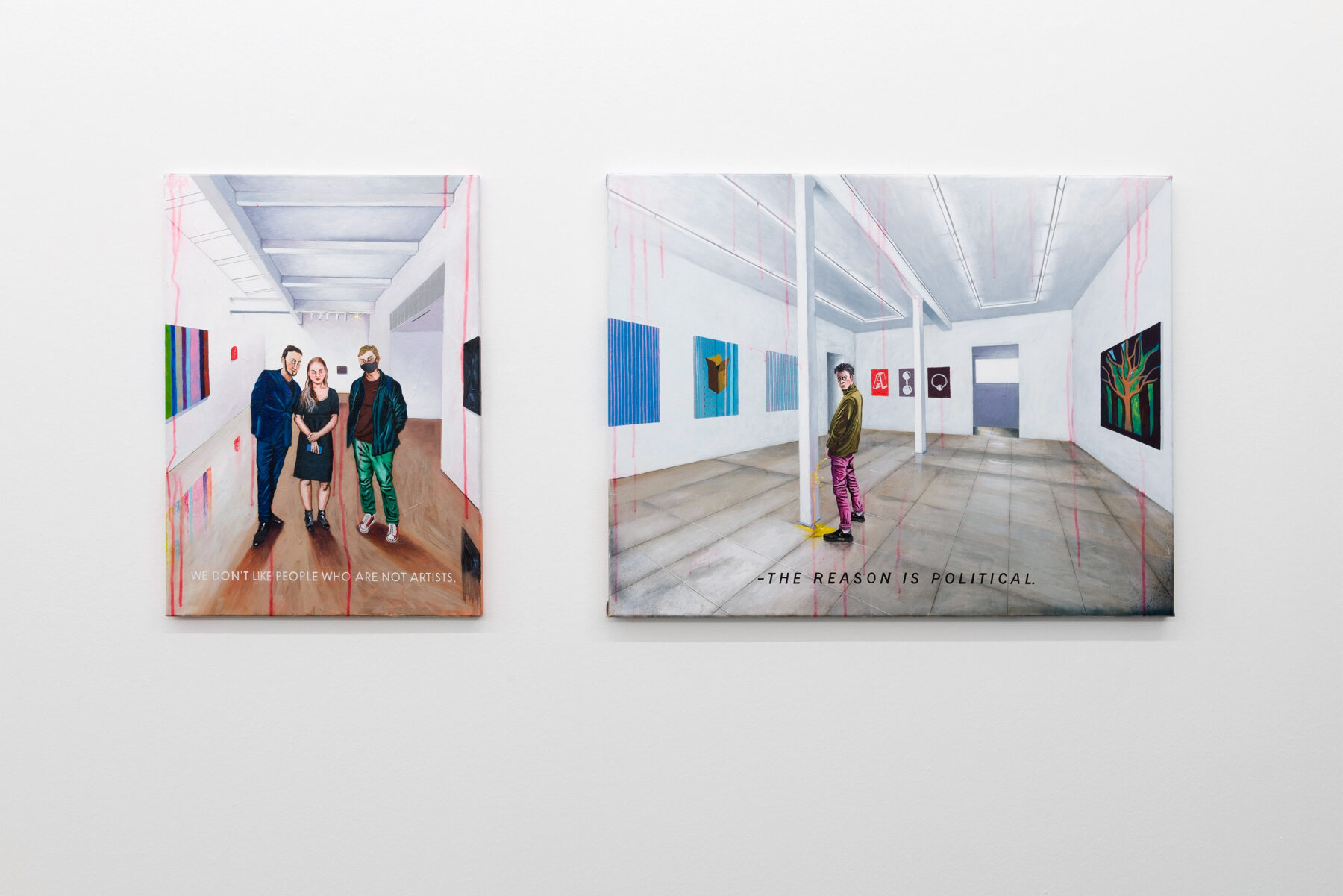
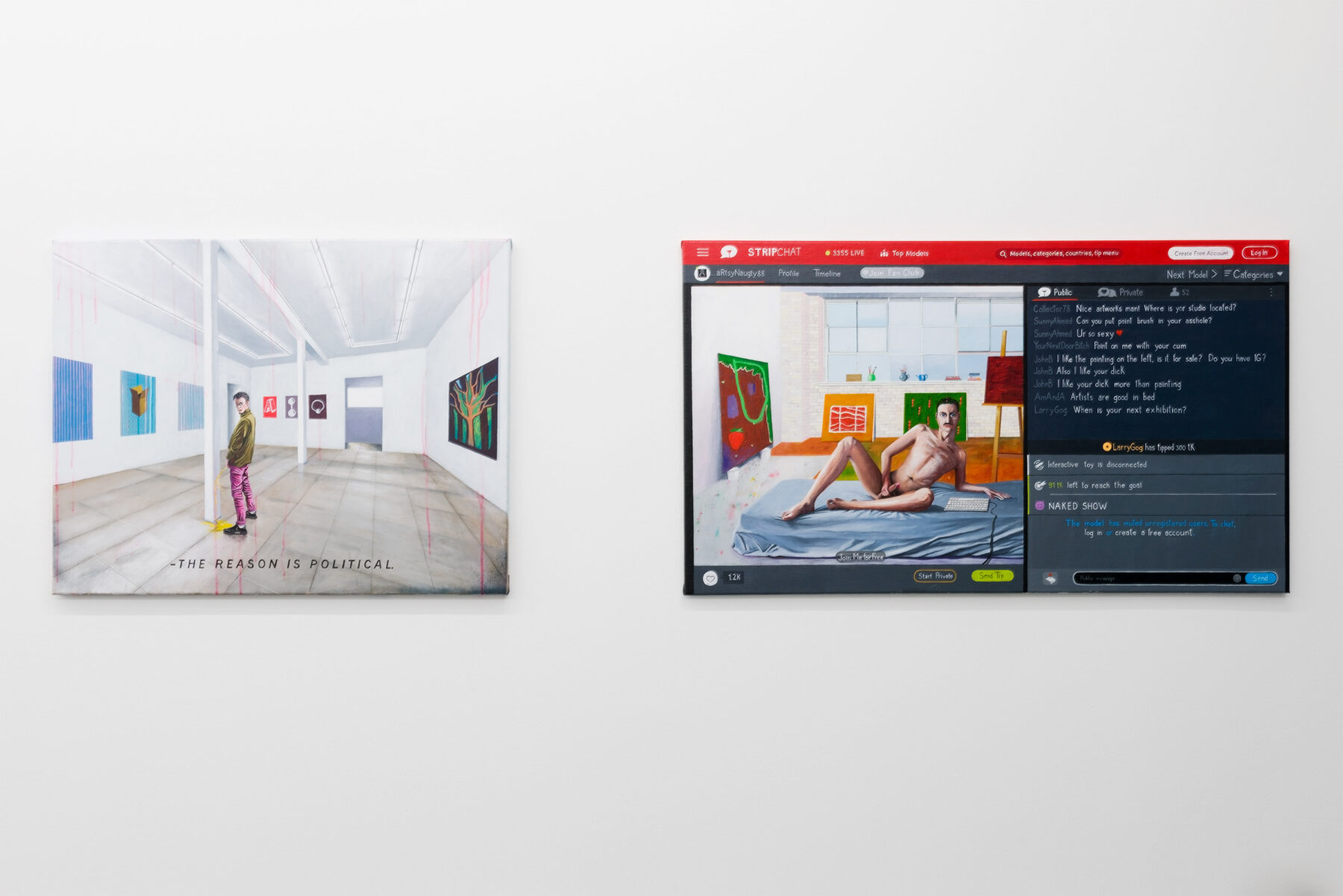
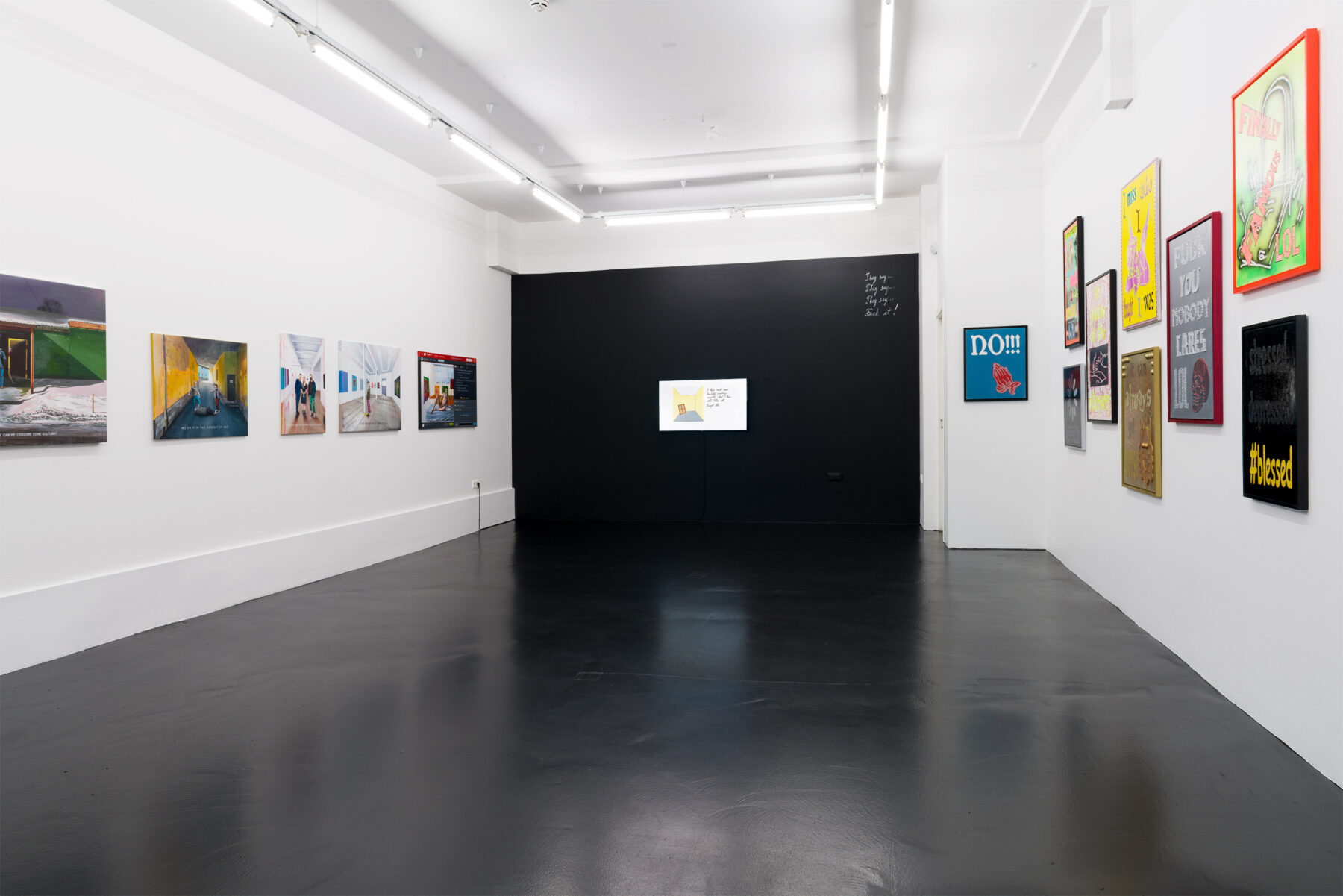
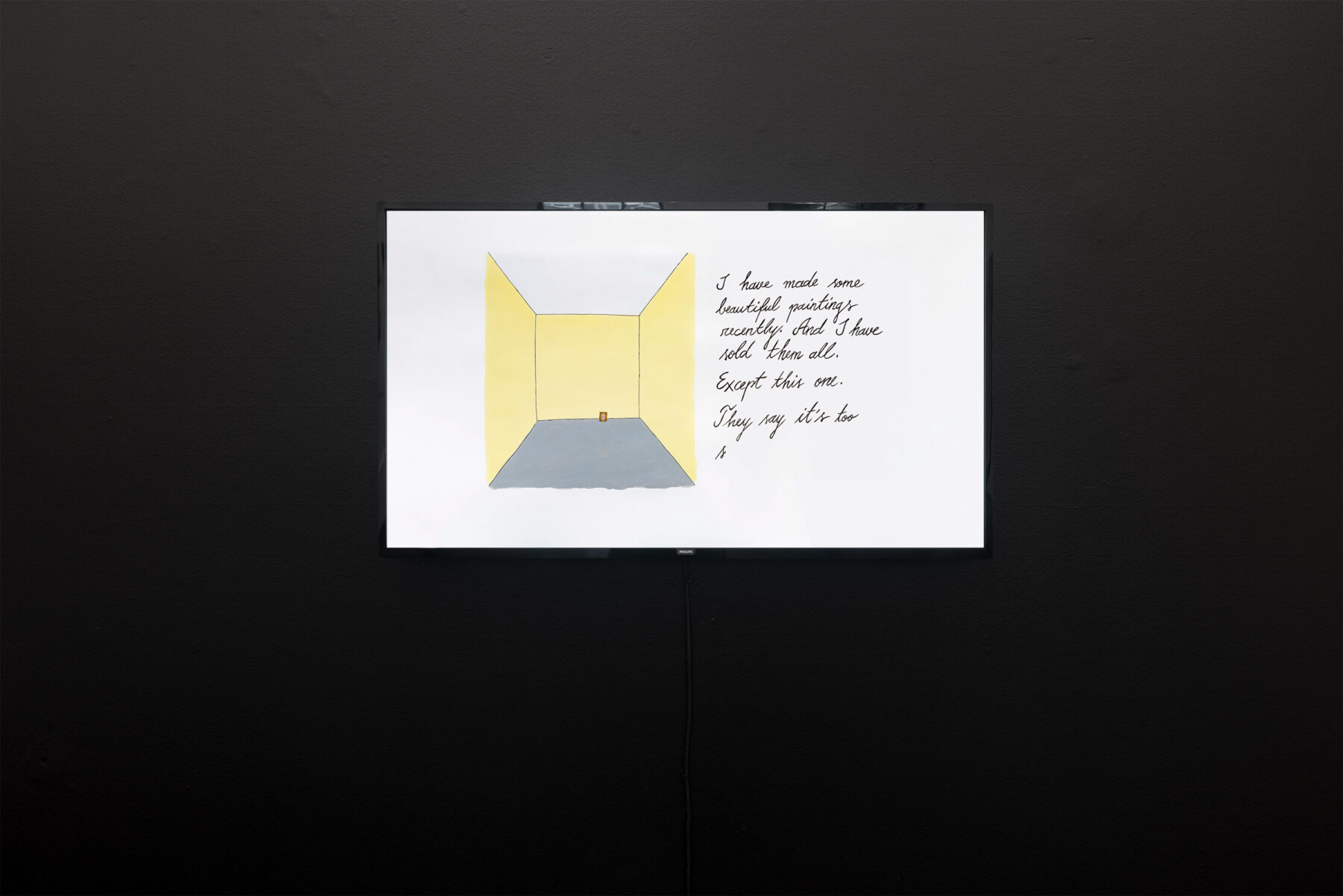
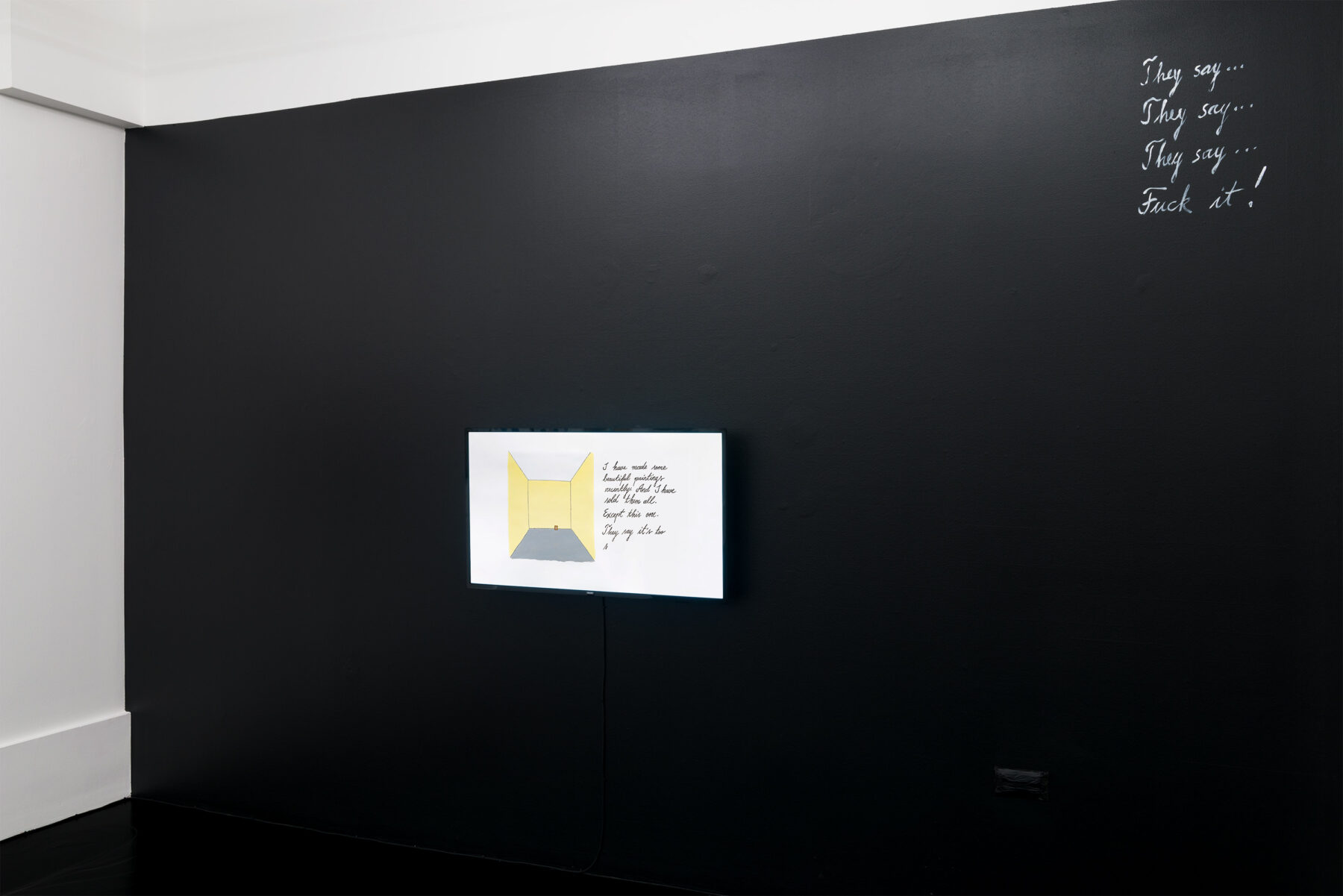
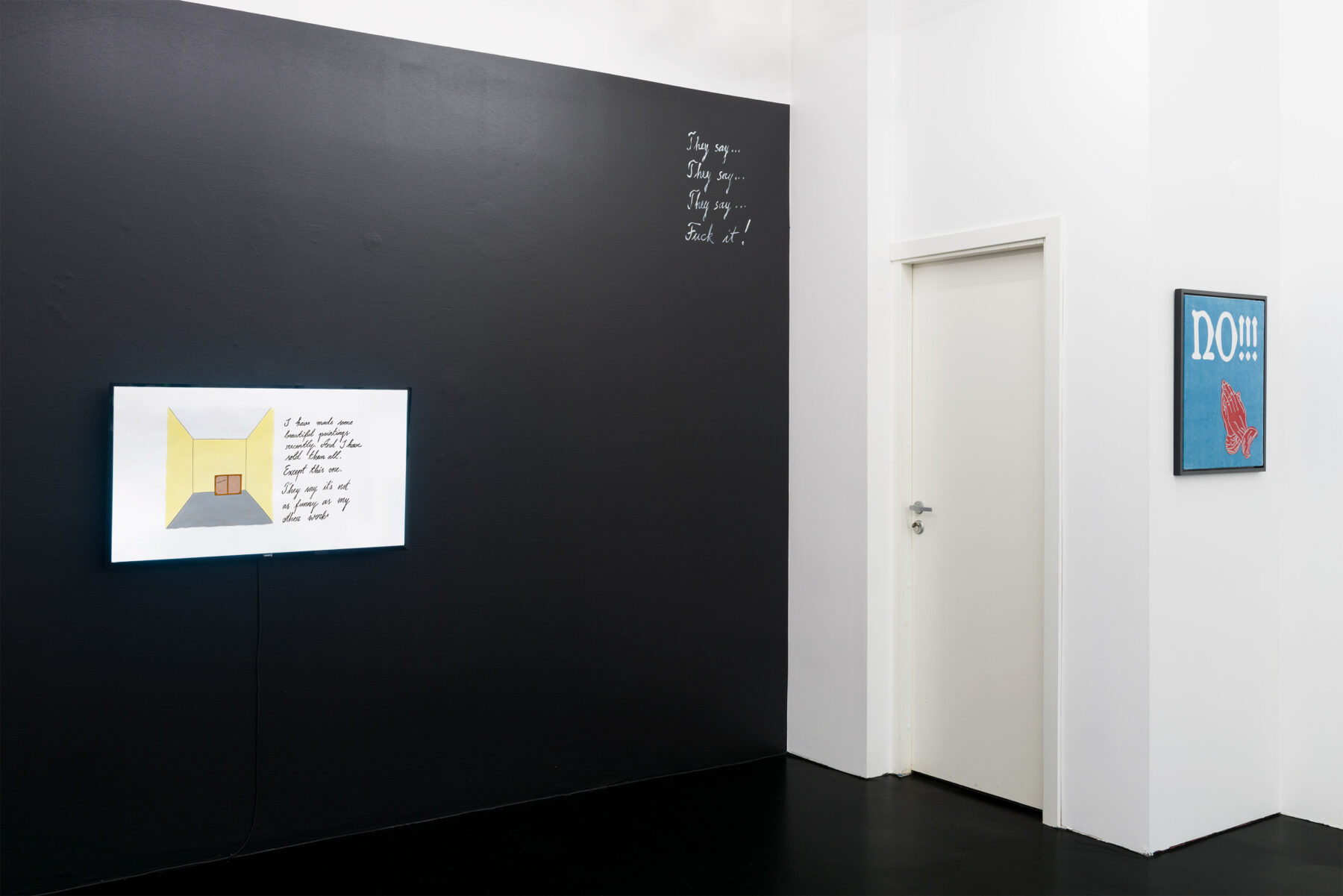
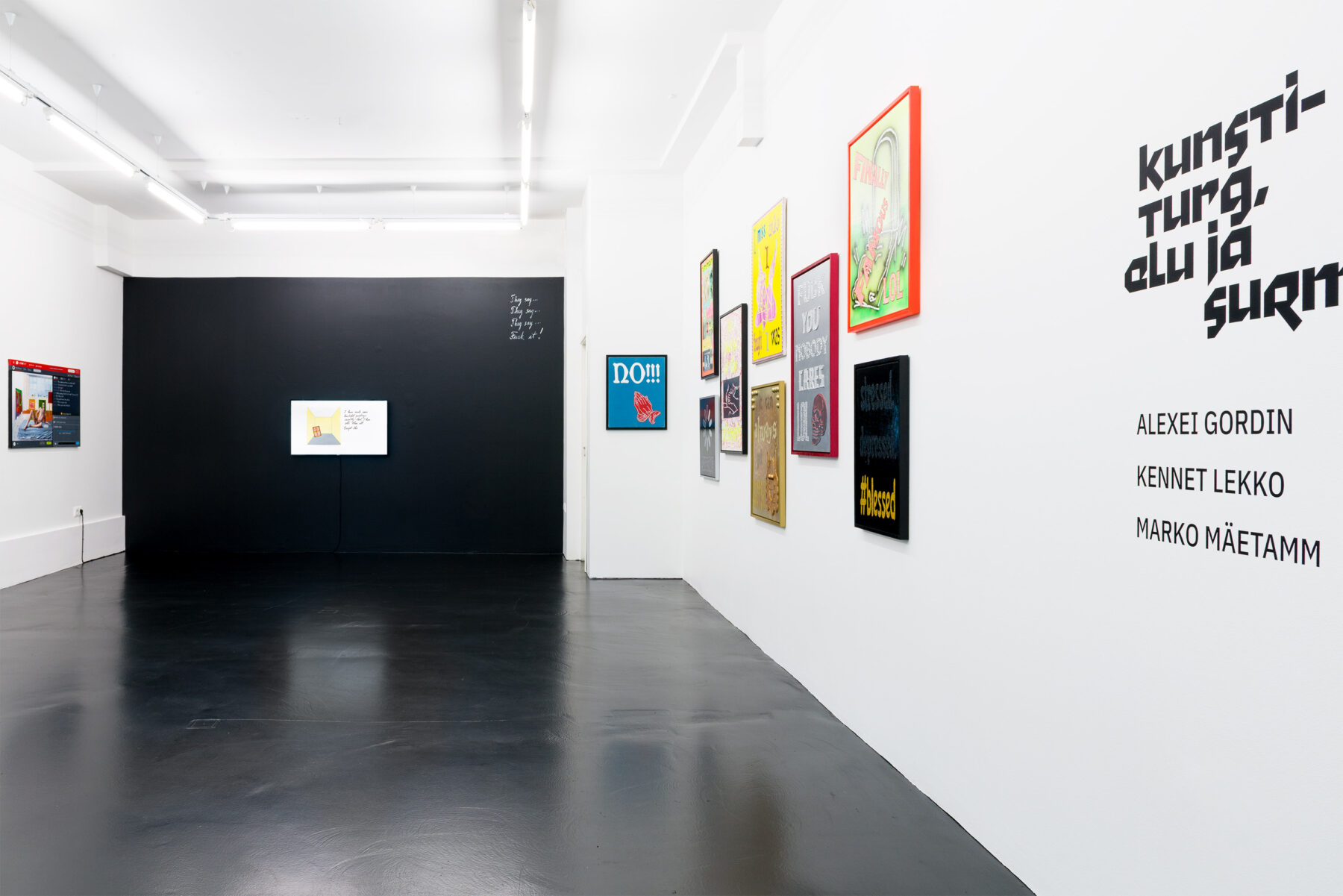
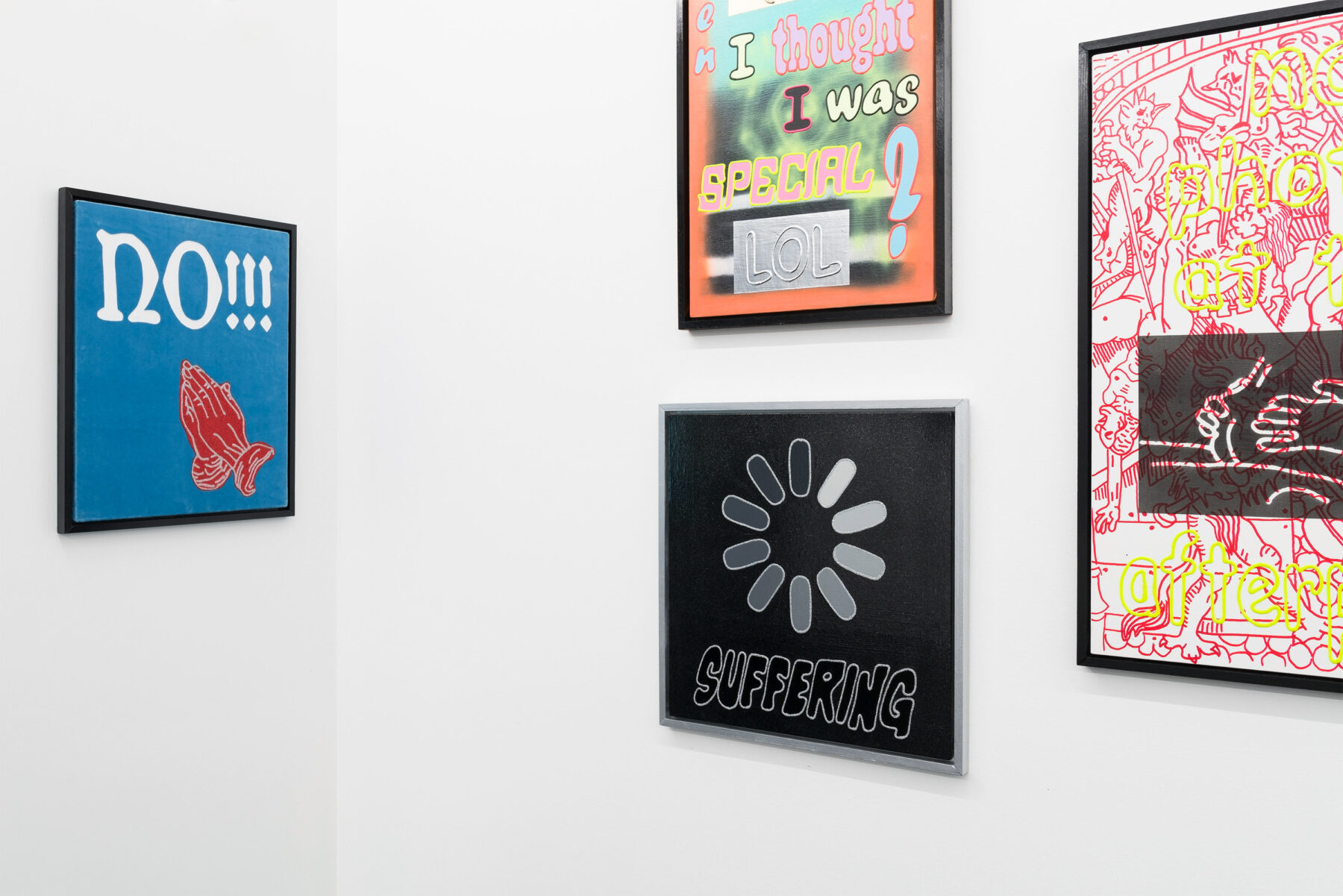
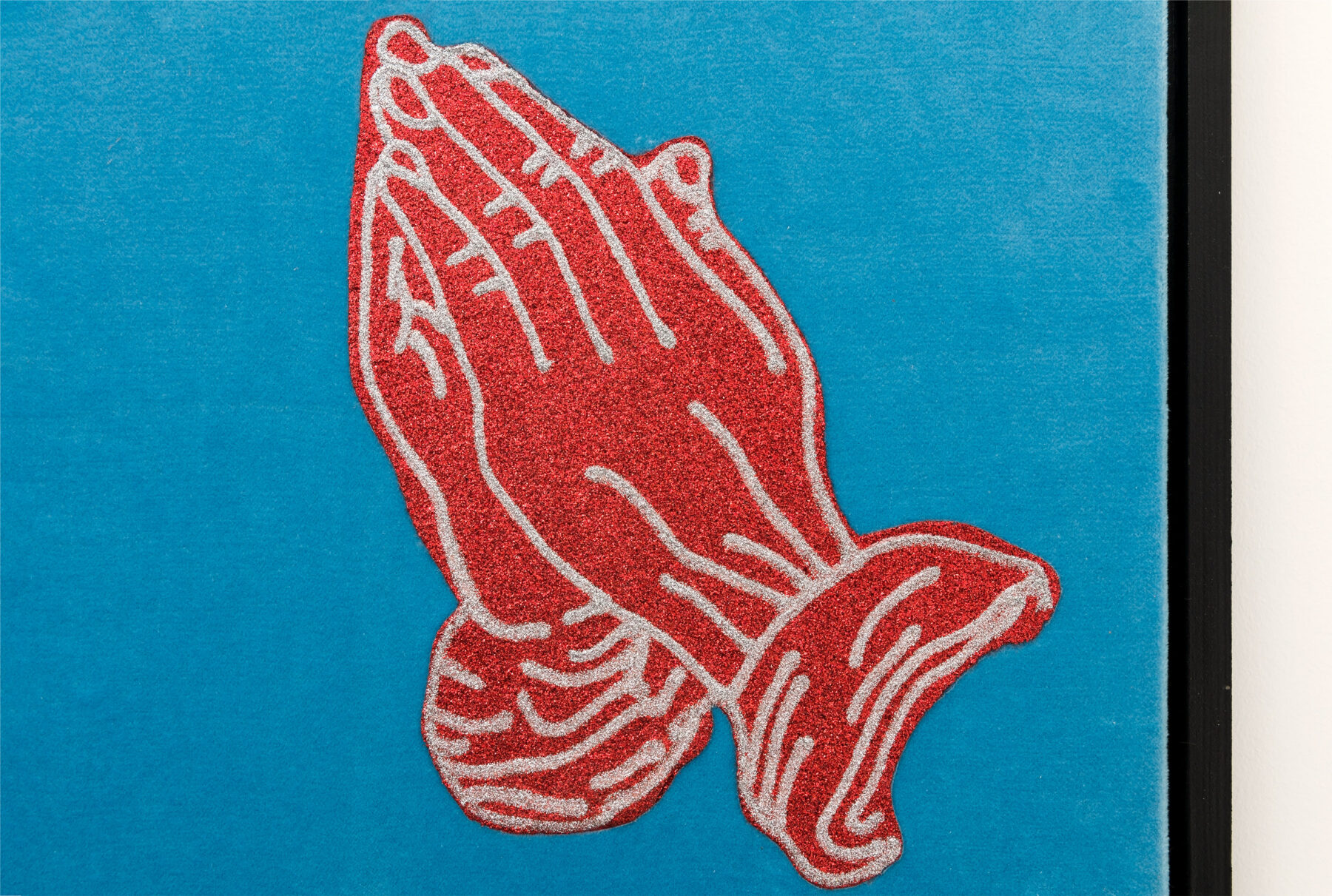
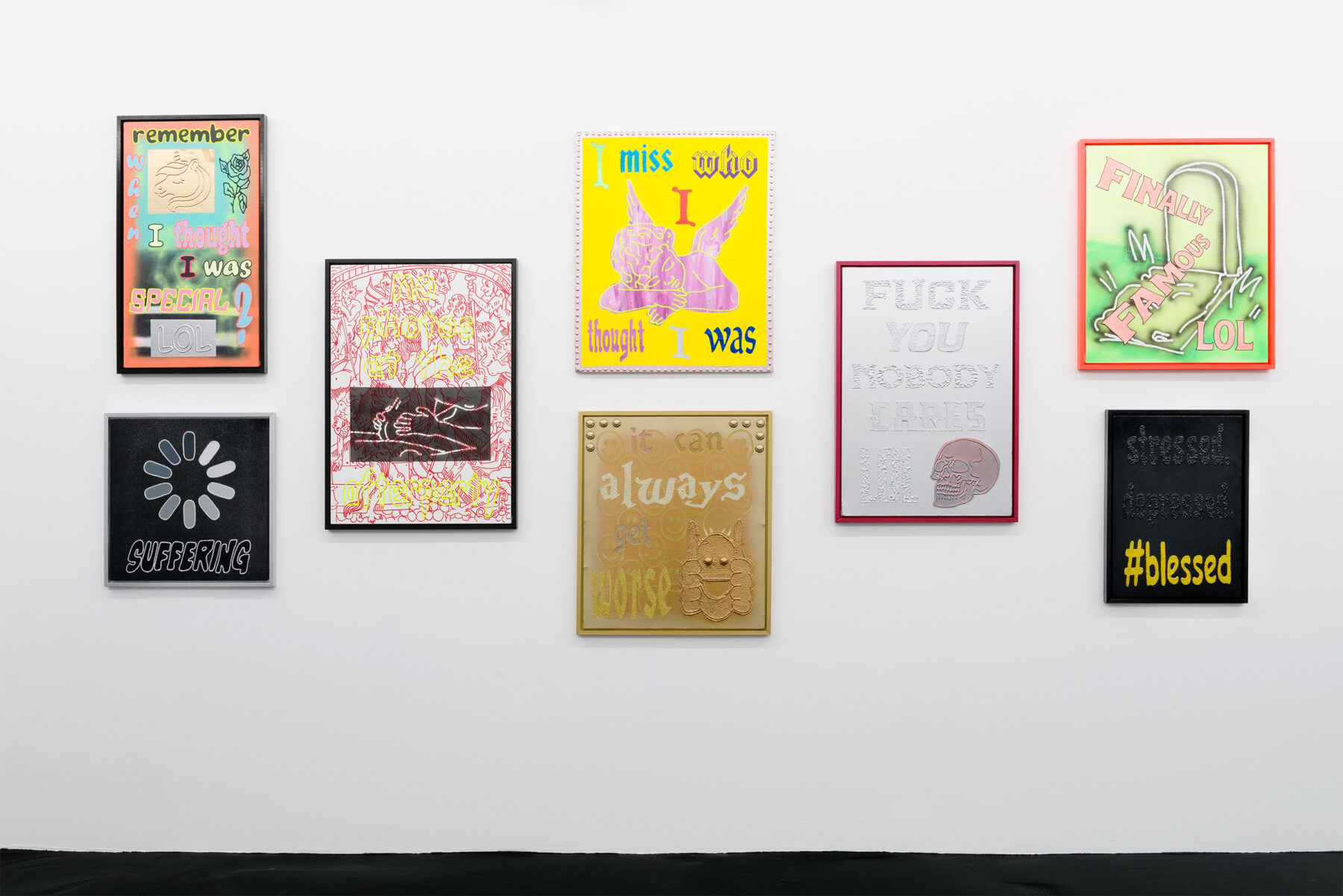
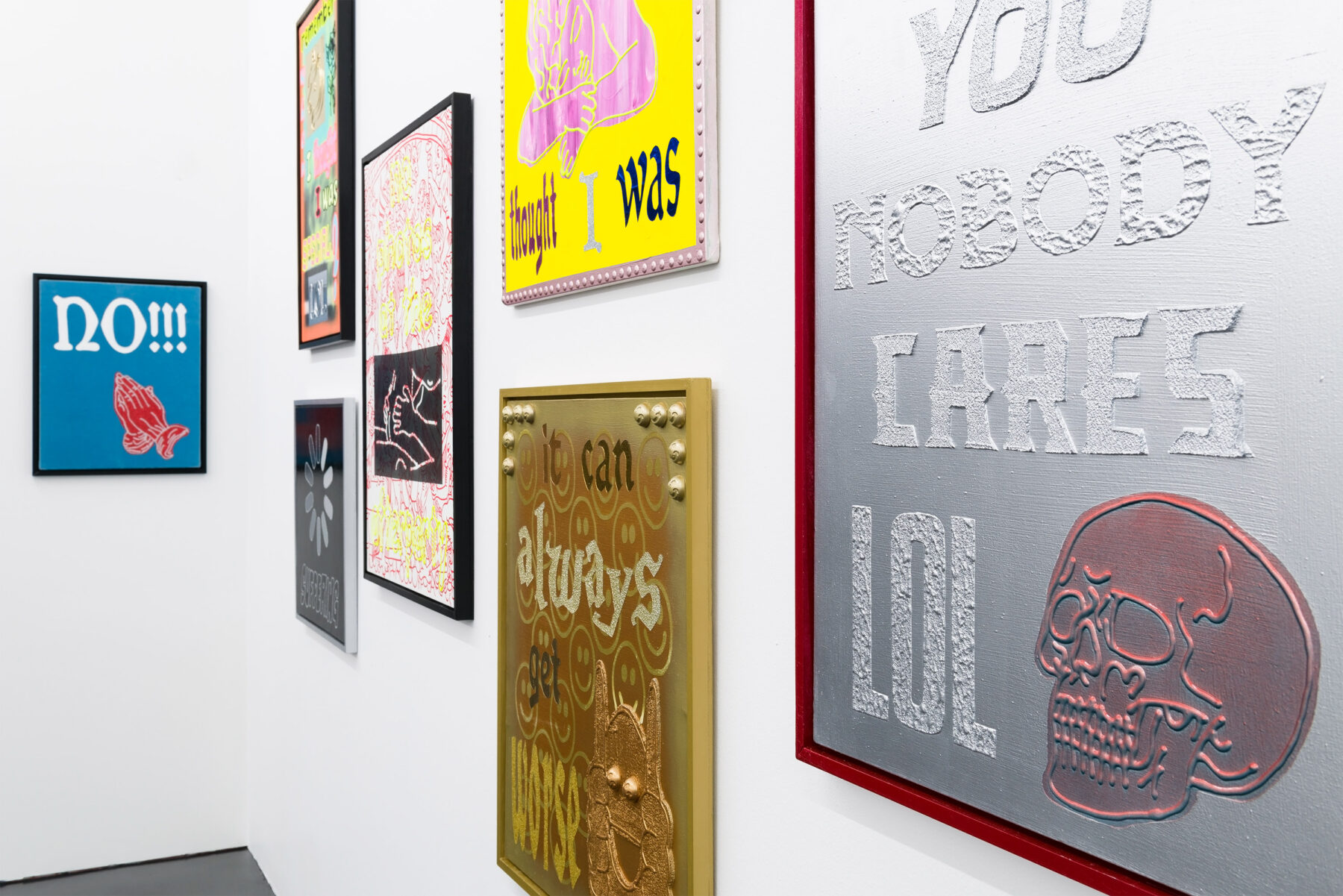
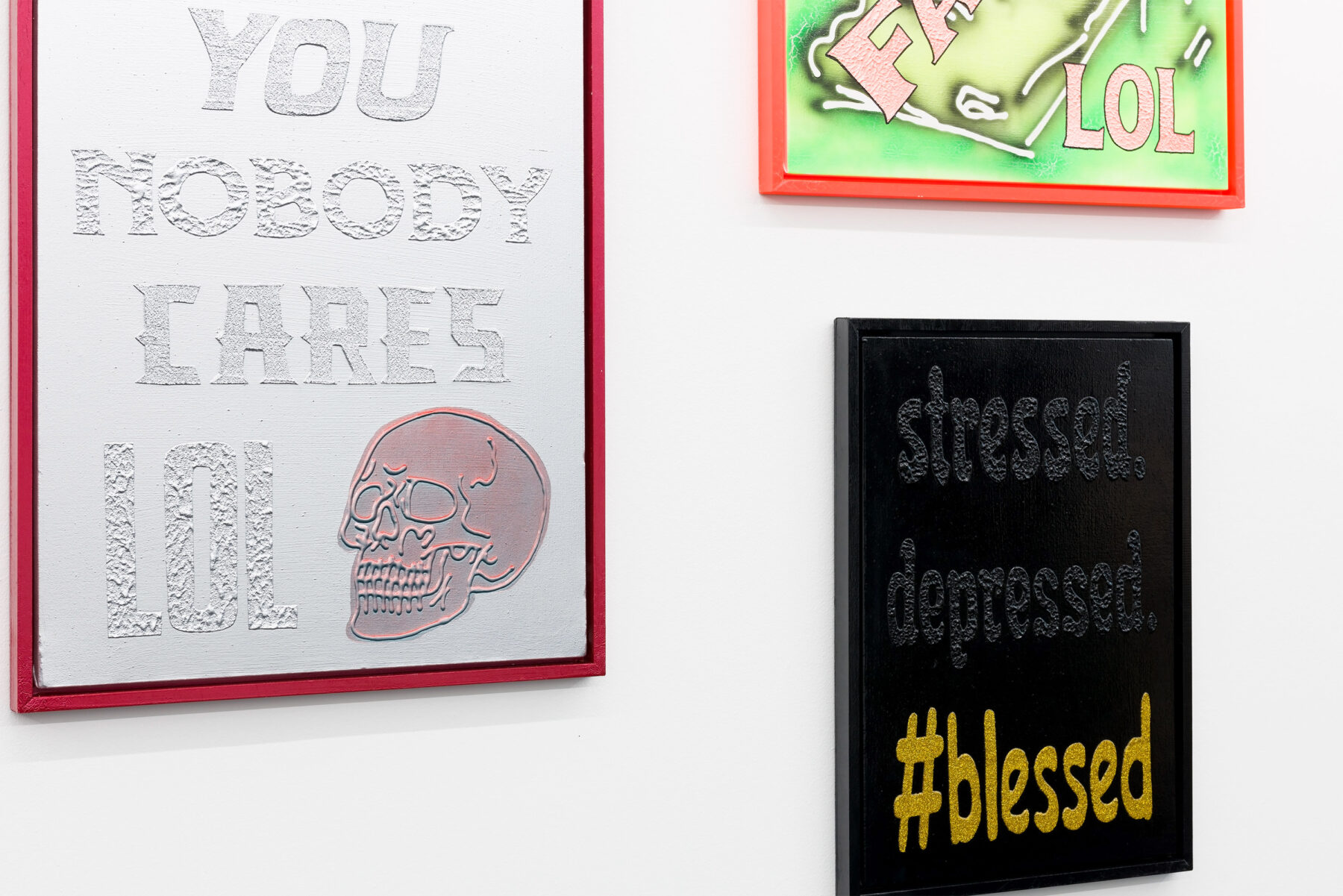
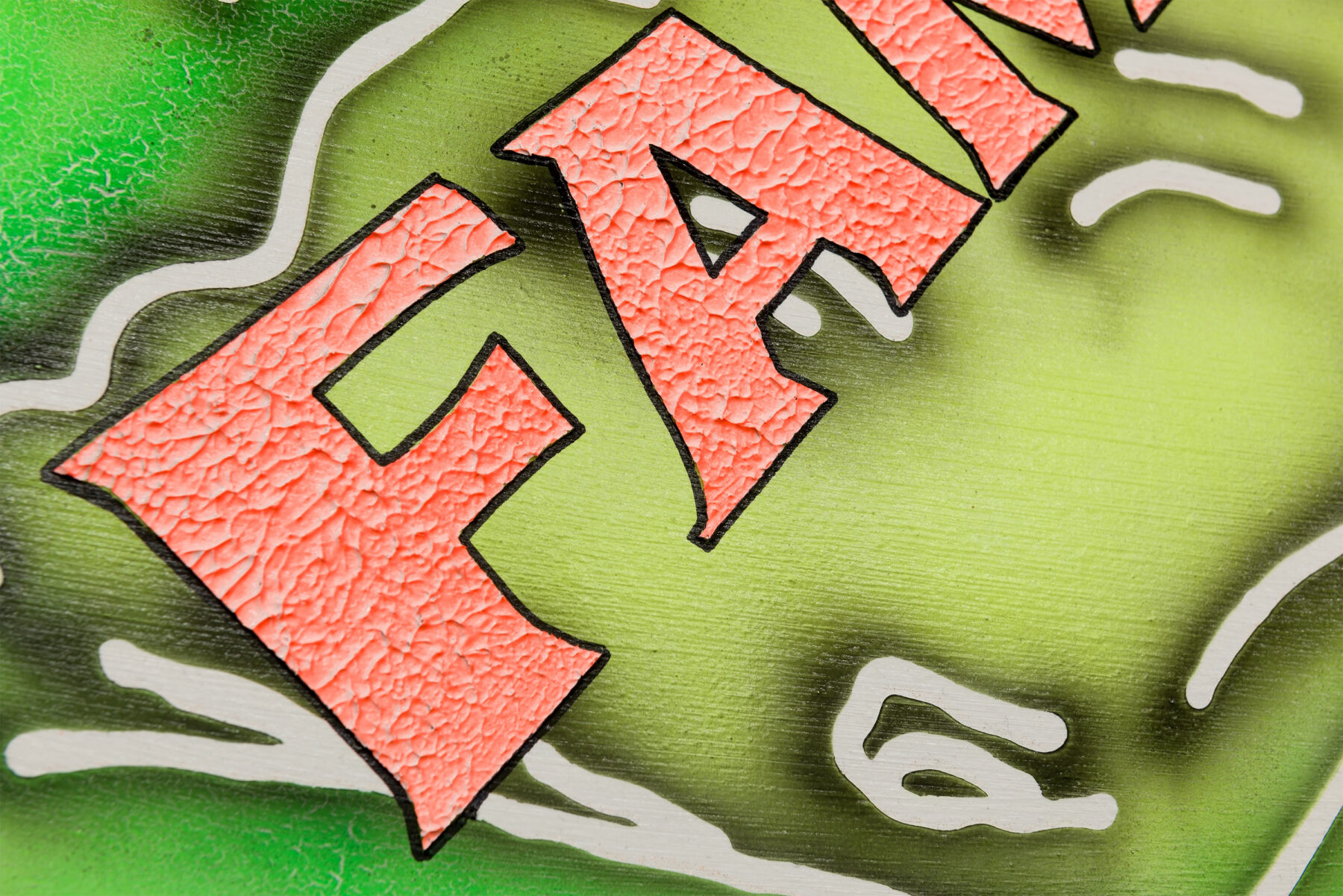
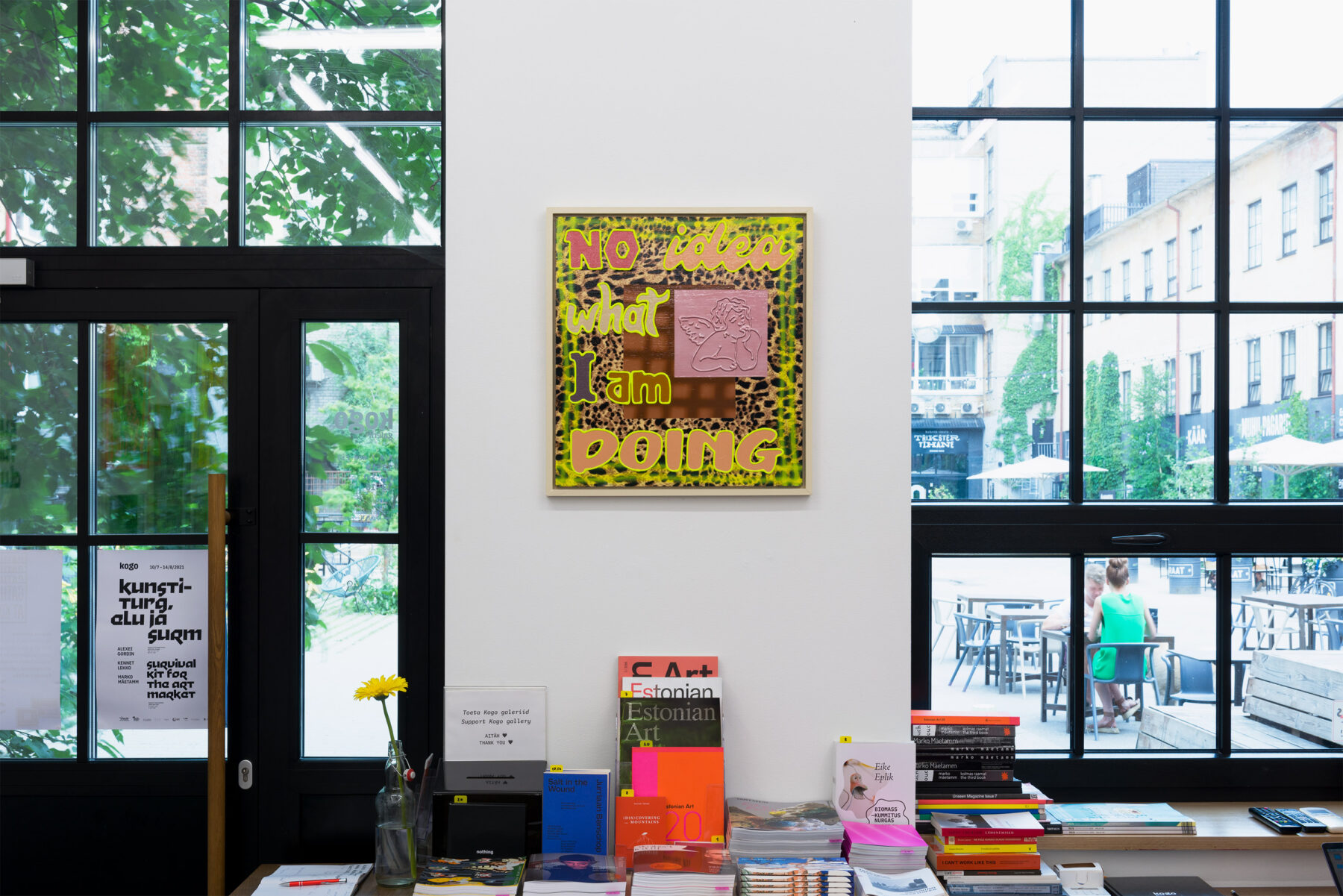
 Shimmering star Magenta. Was it a dream or was it real?
Shimmering star Magenta. Was it a dream or was it real?